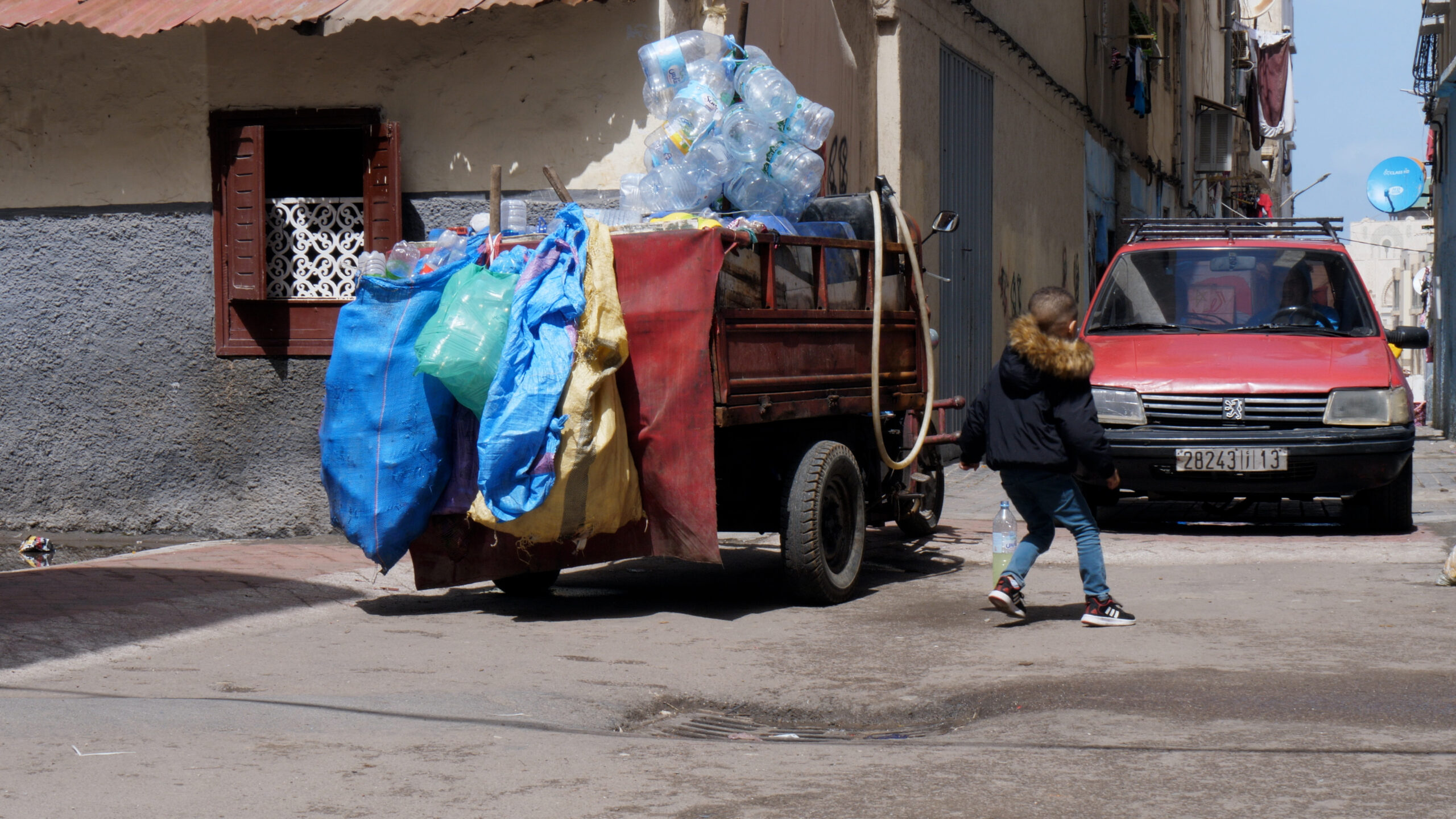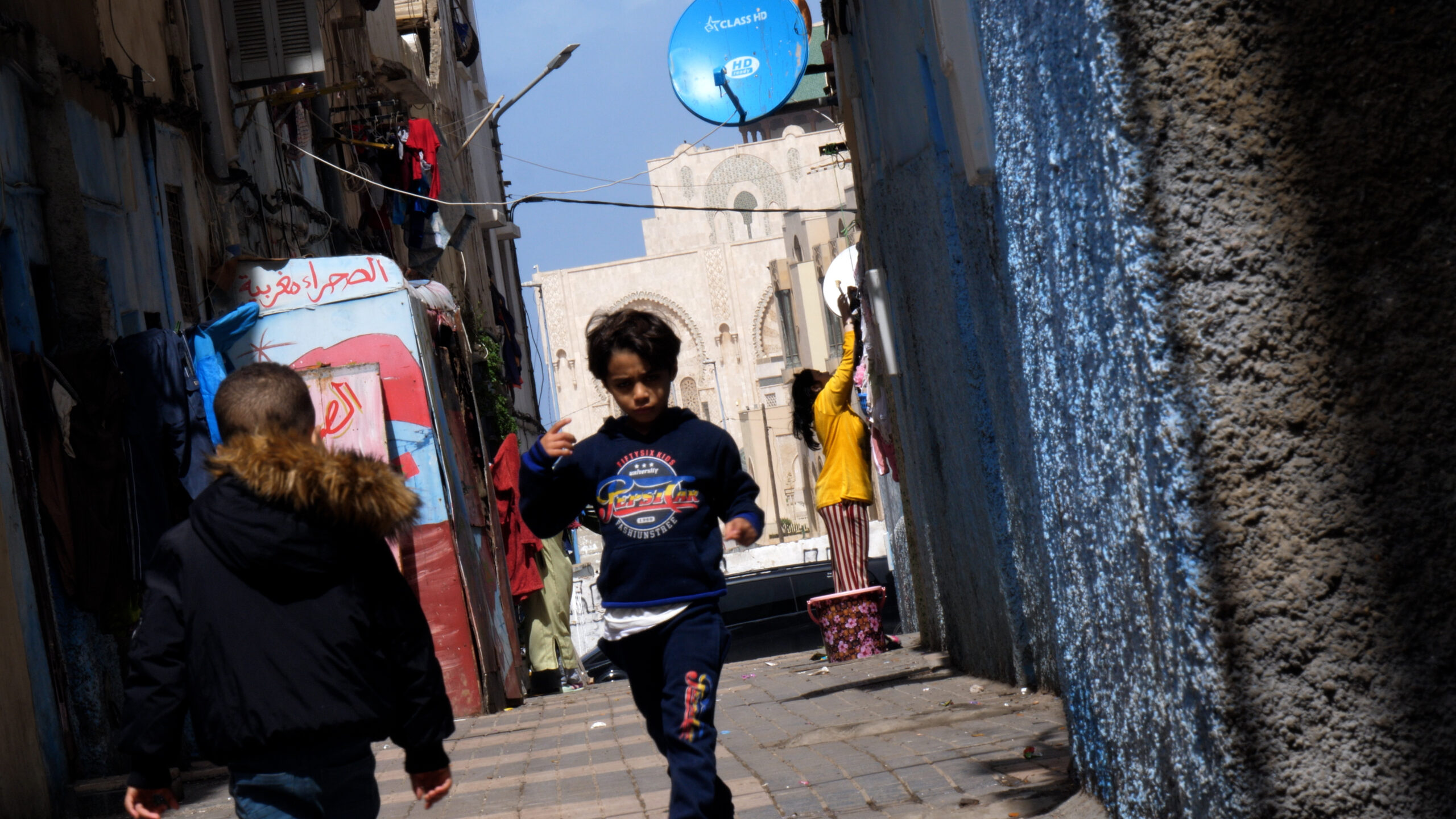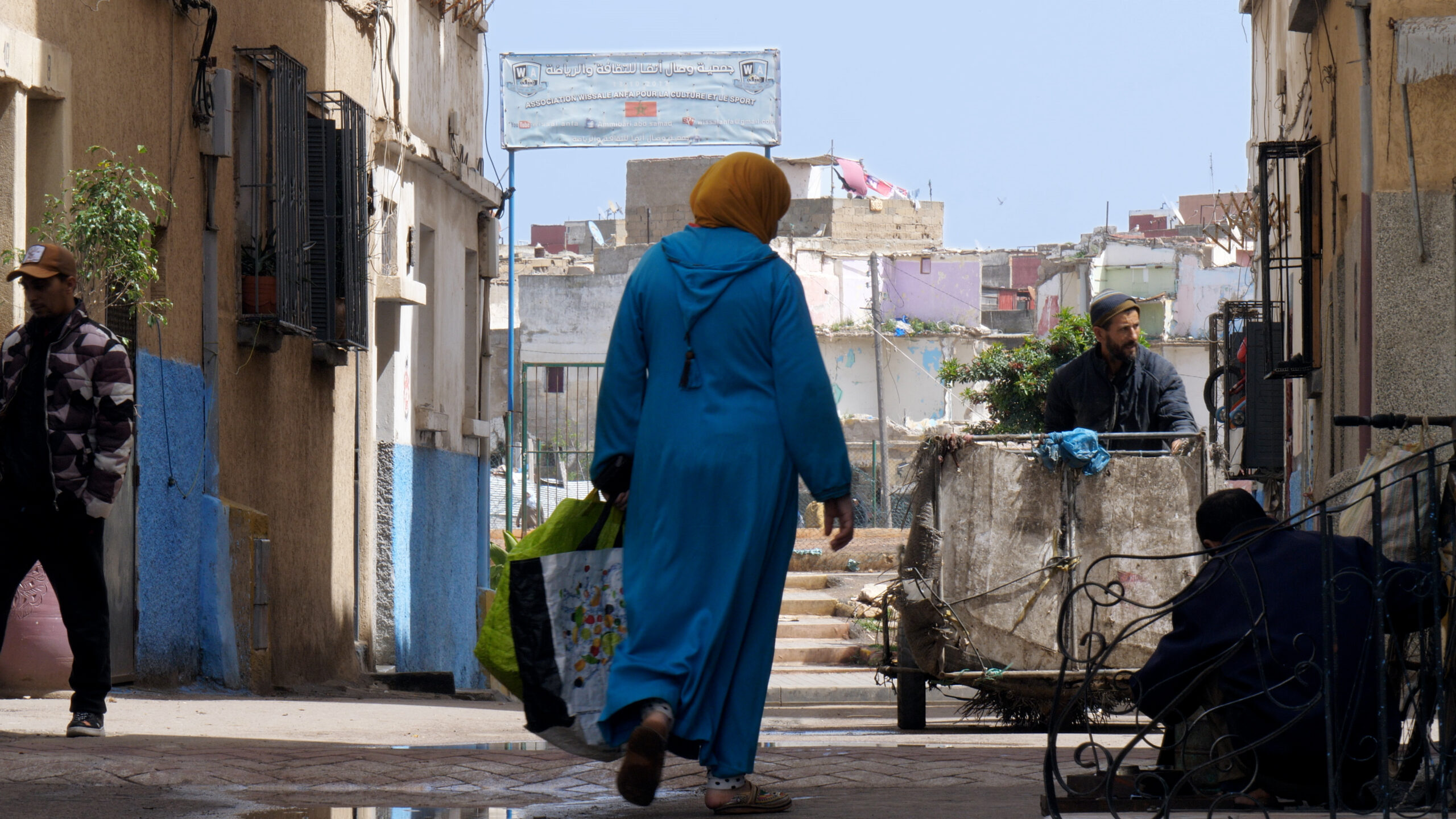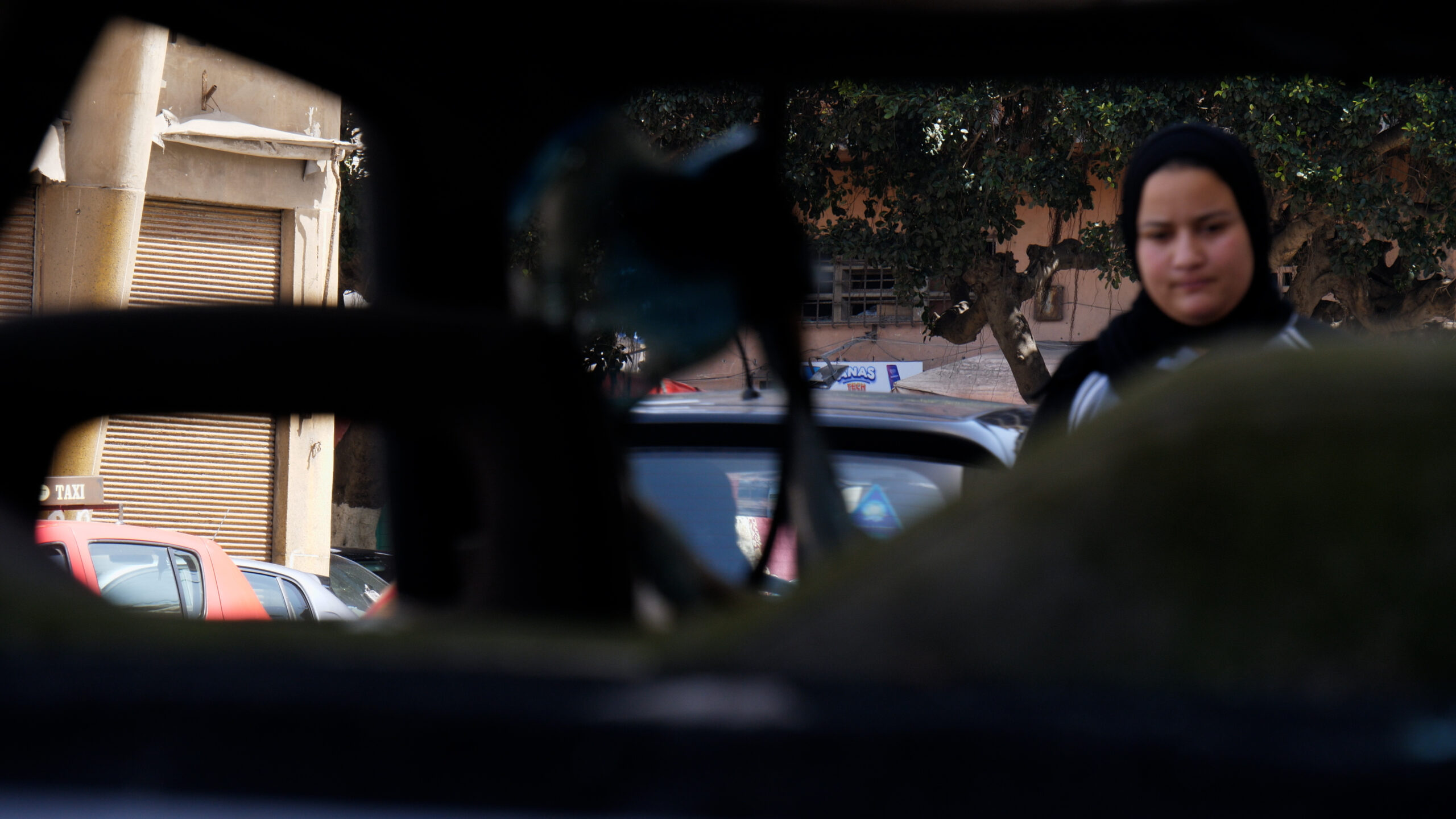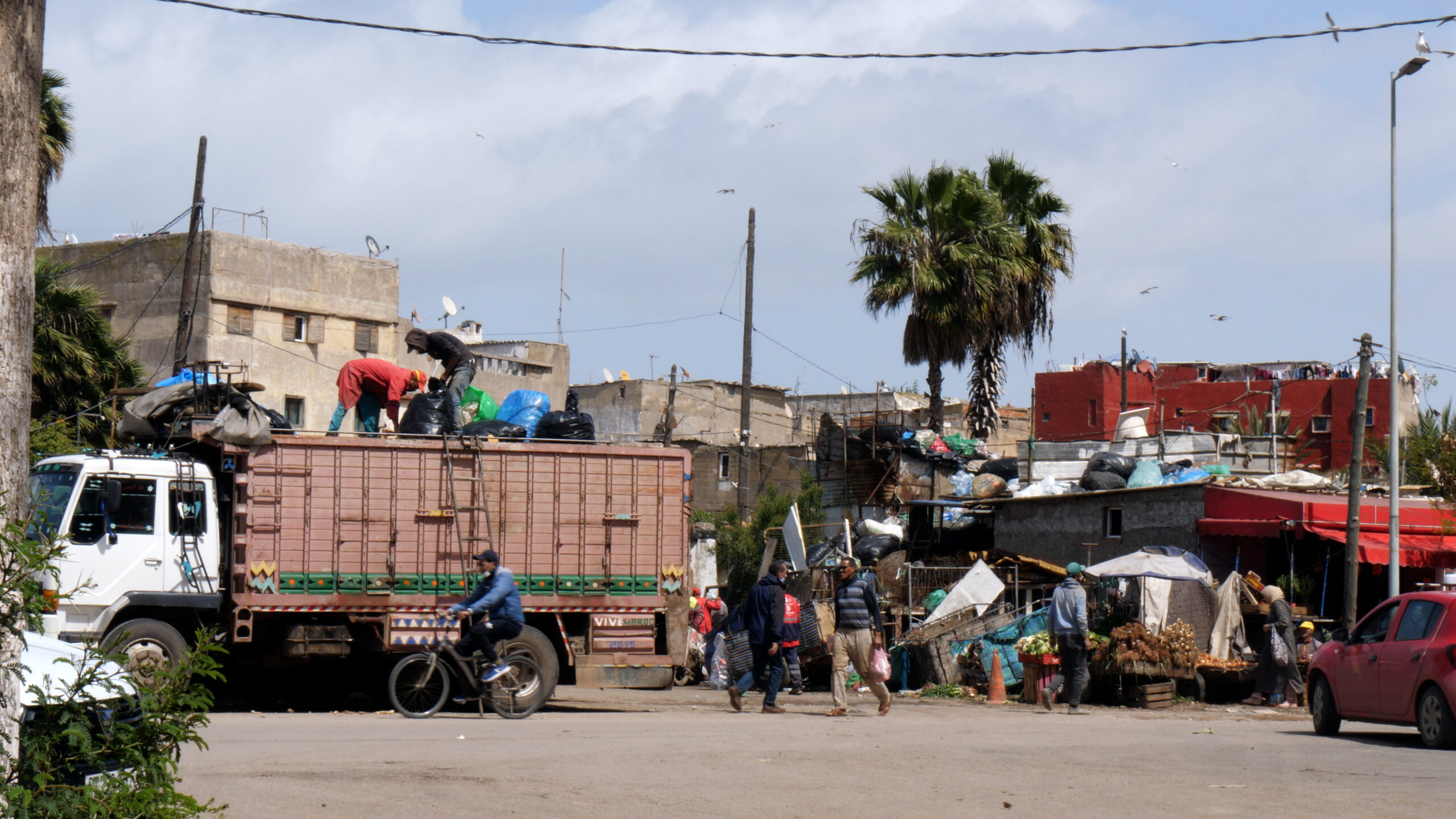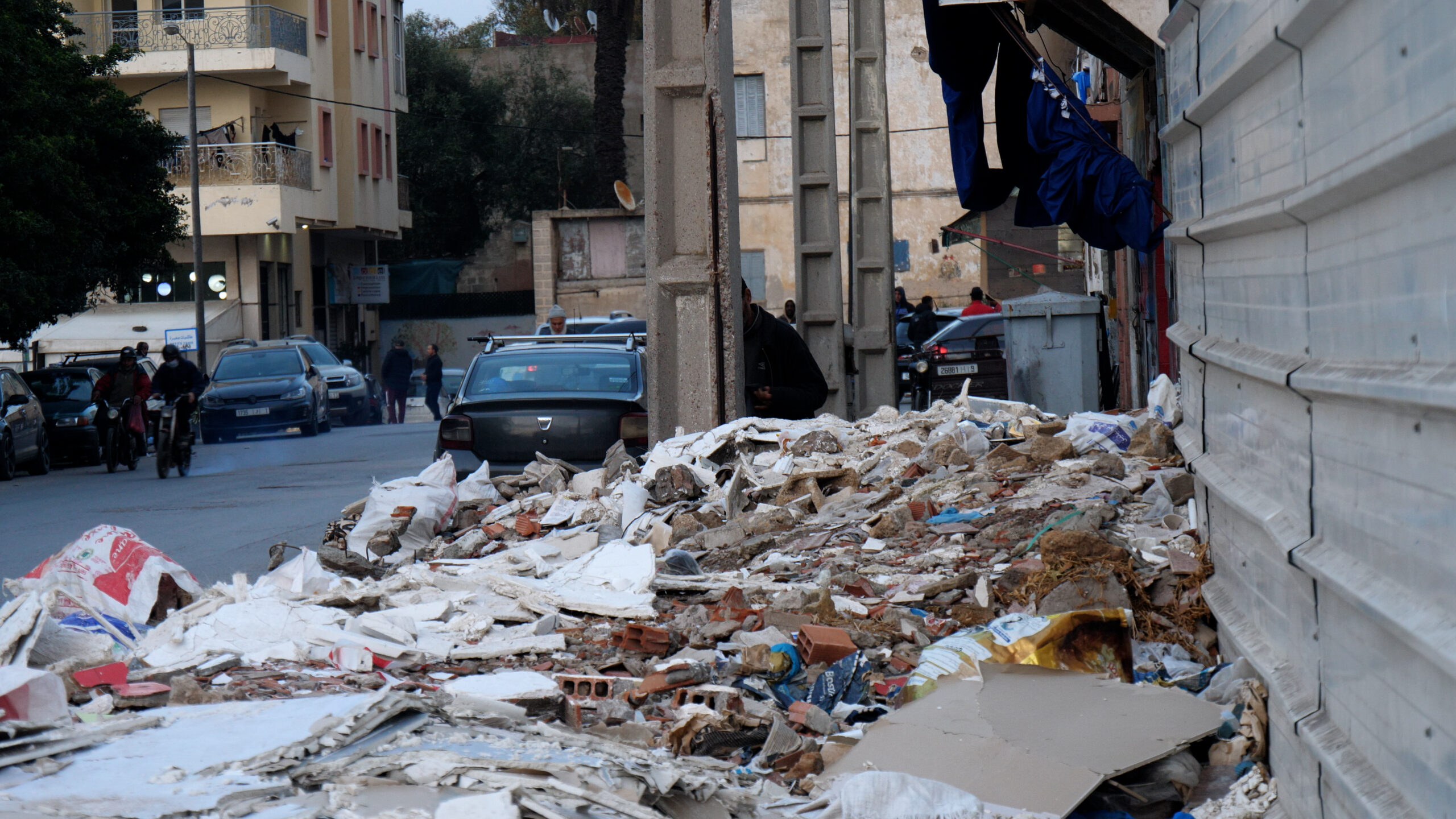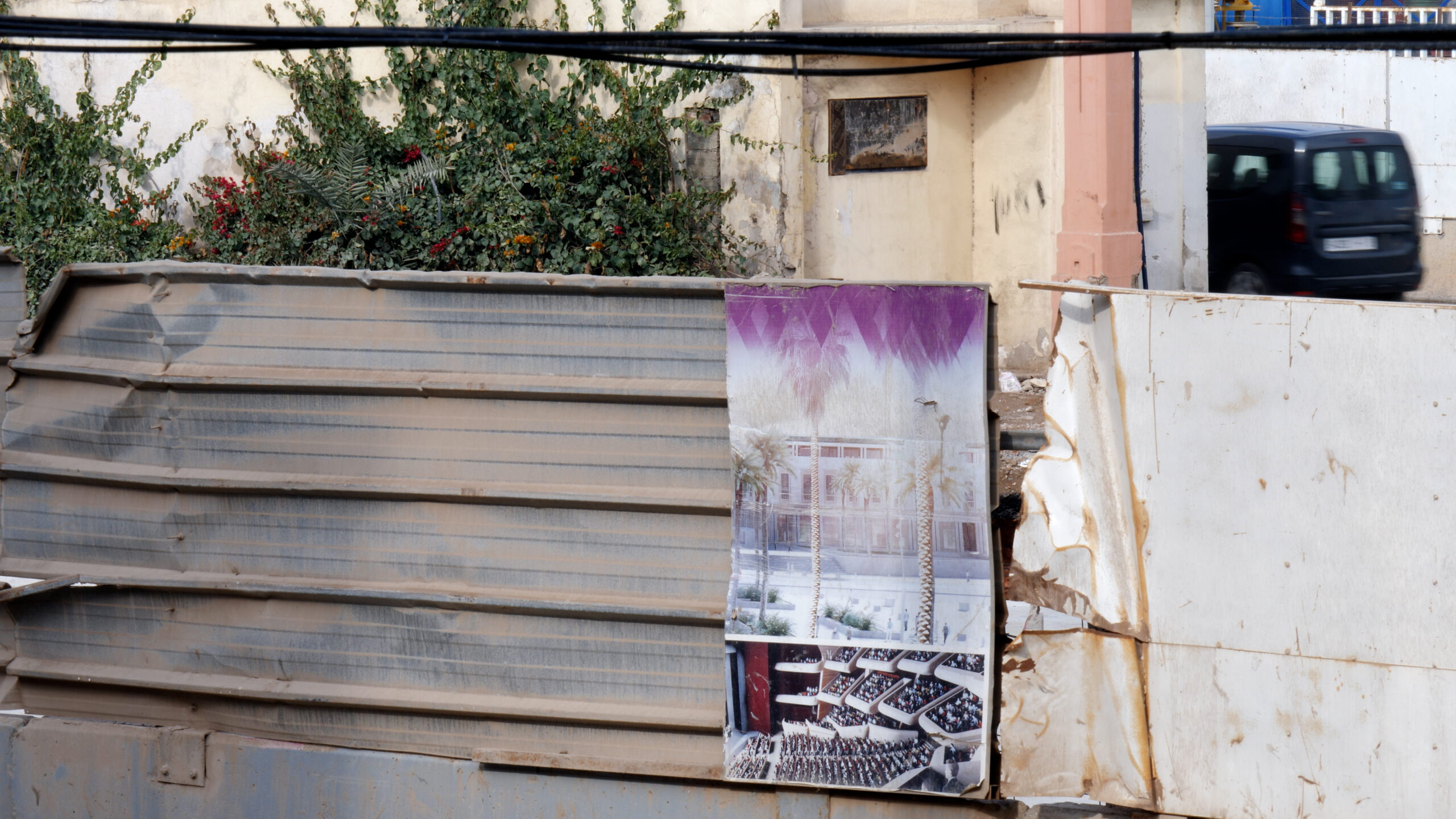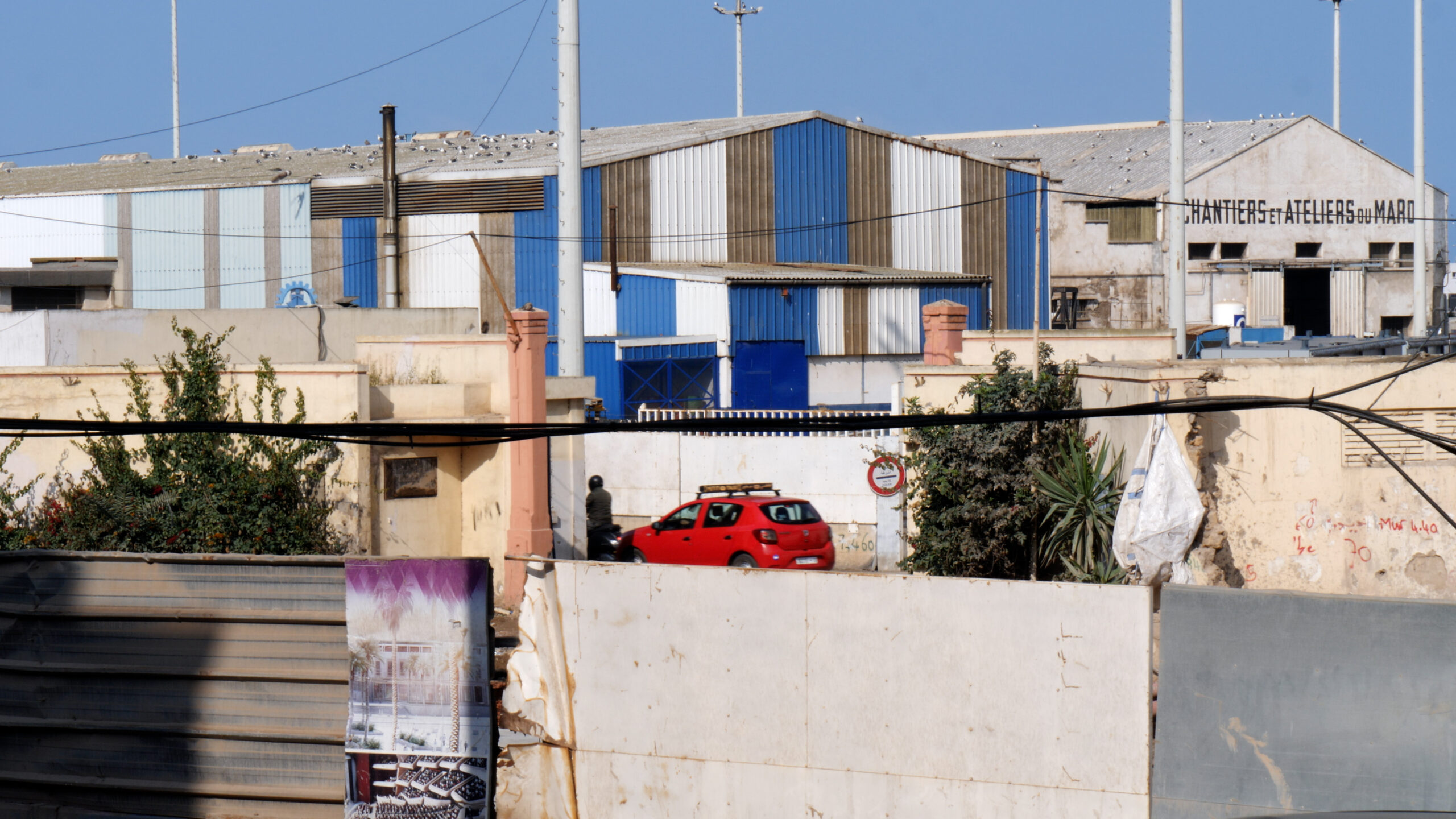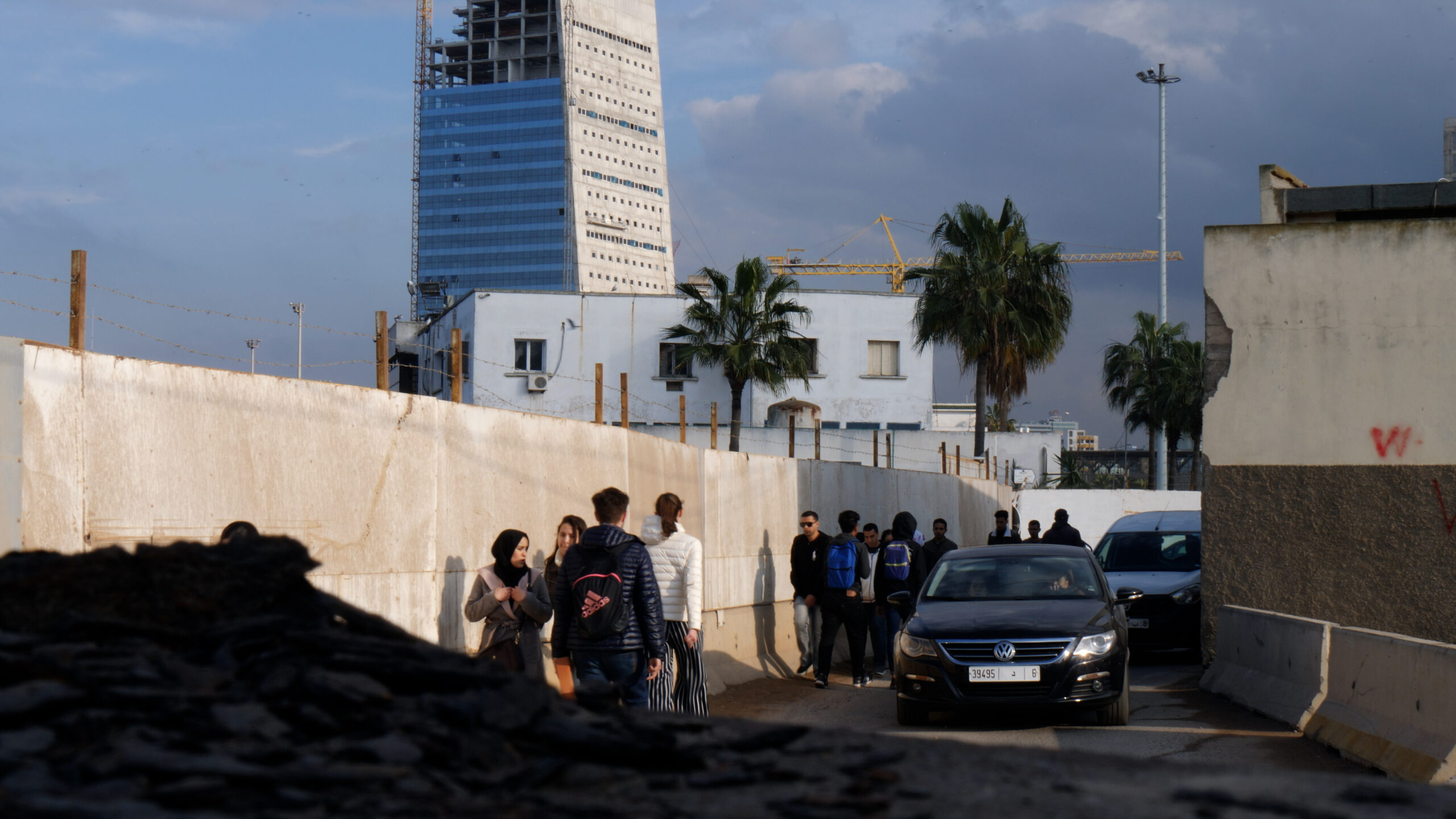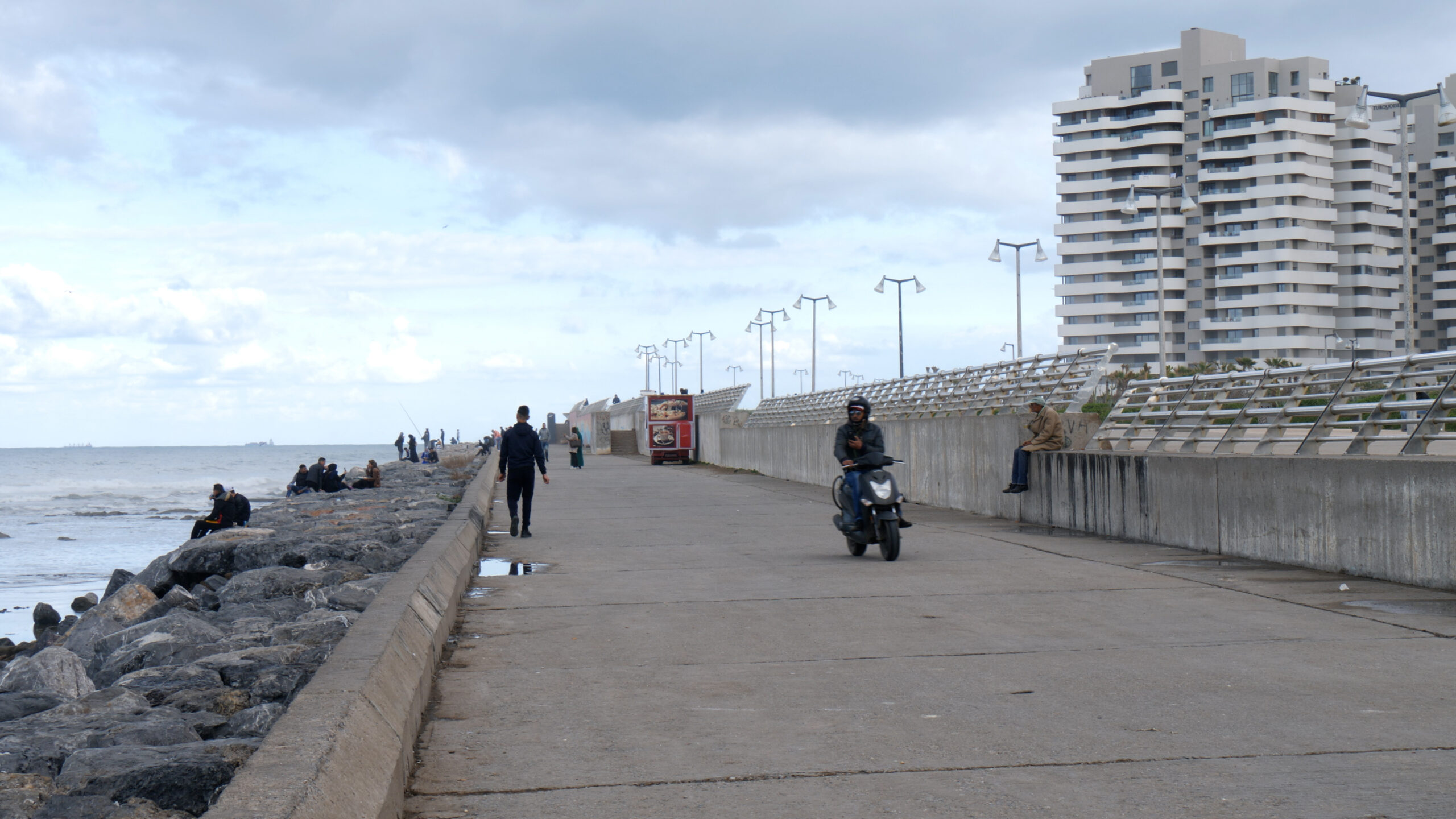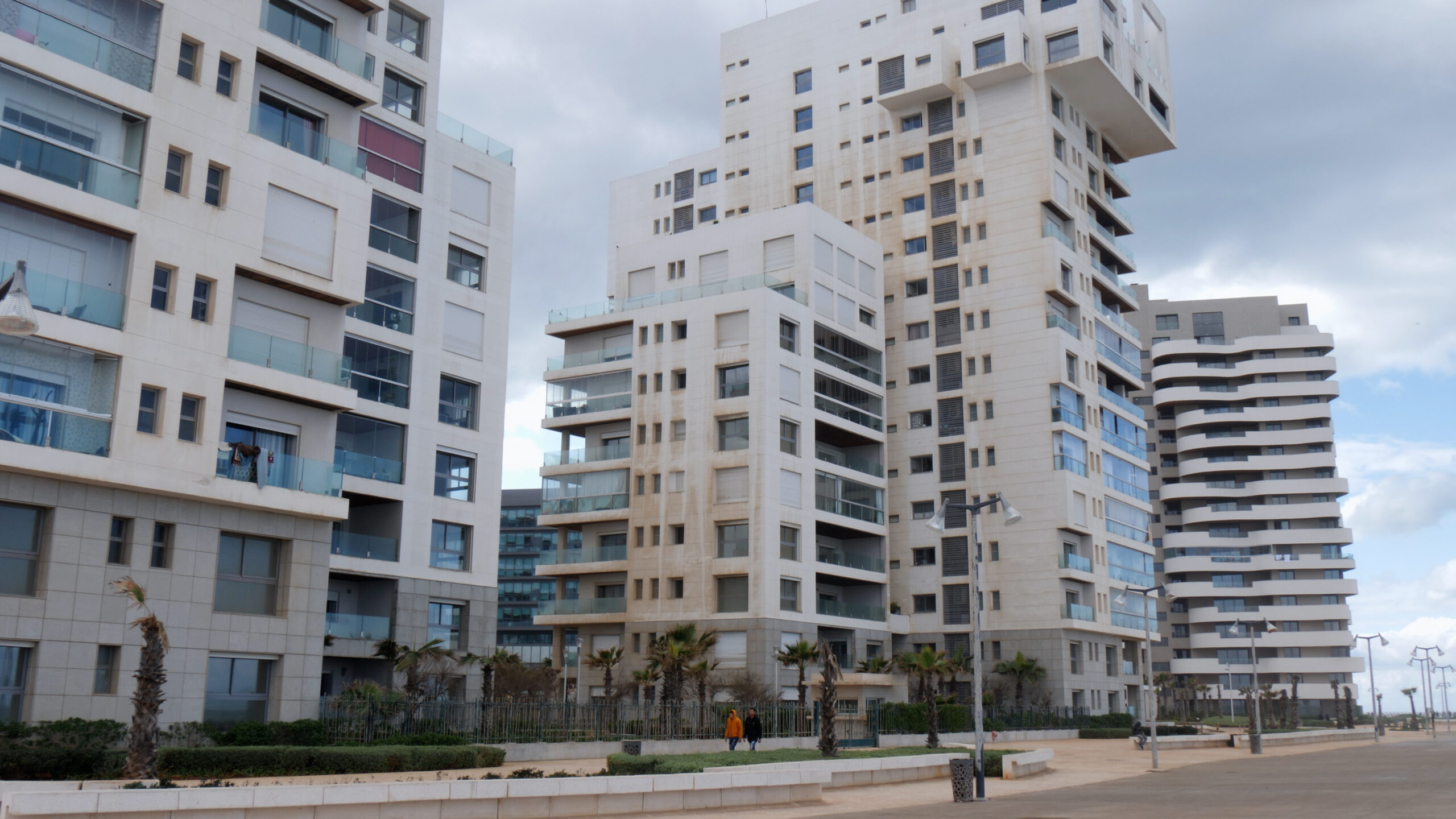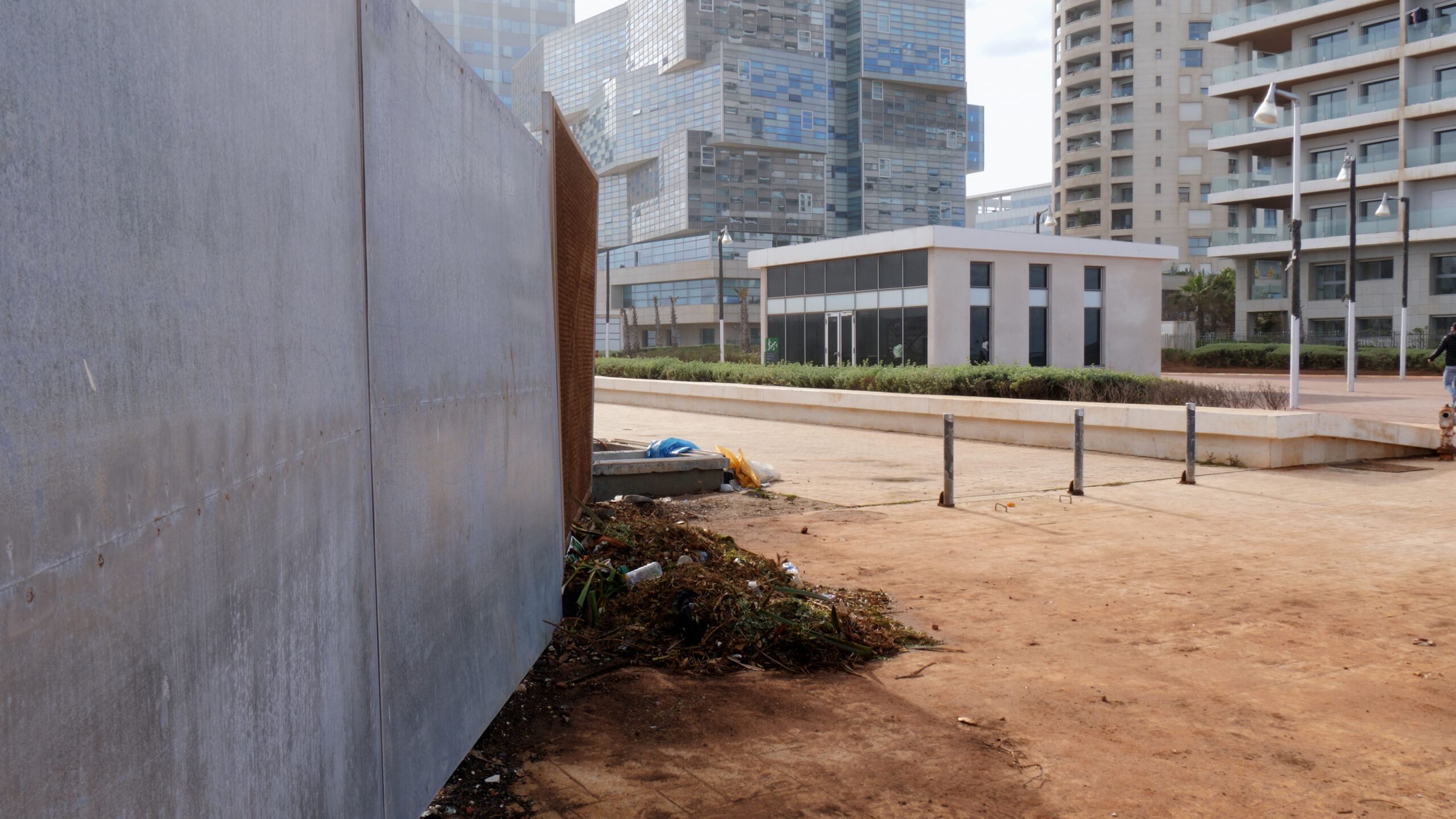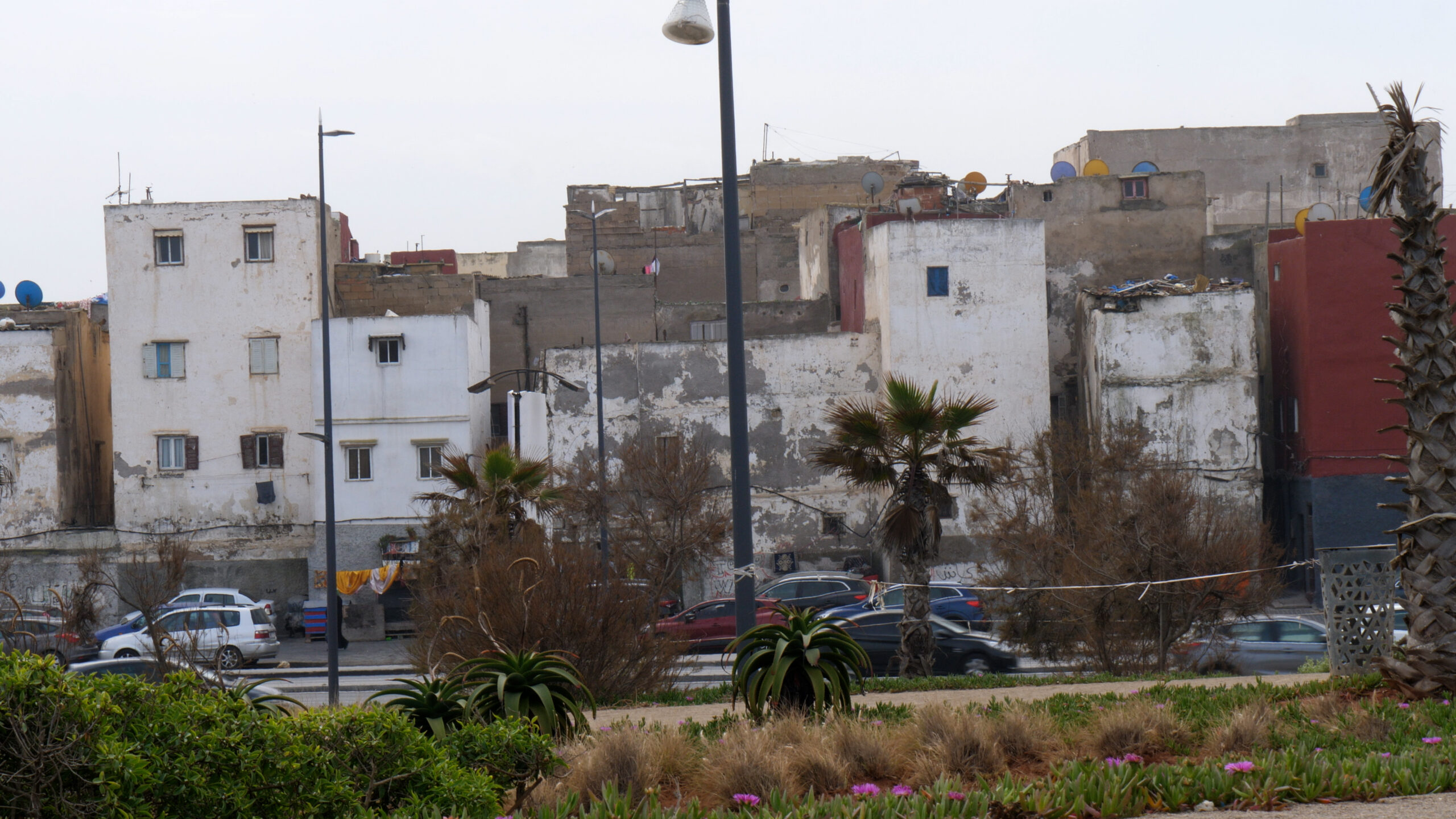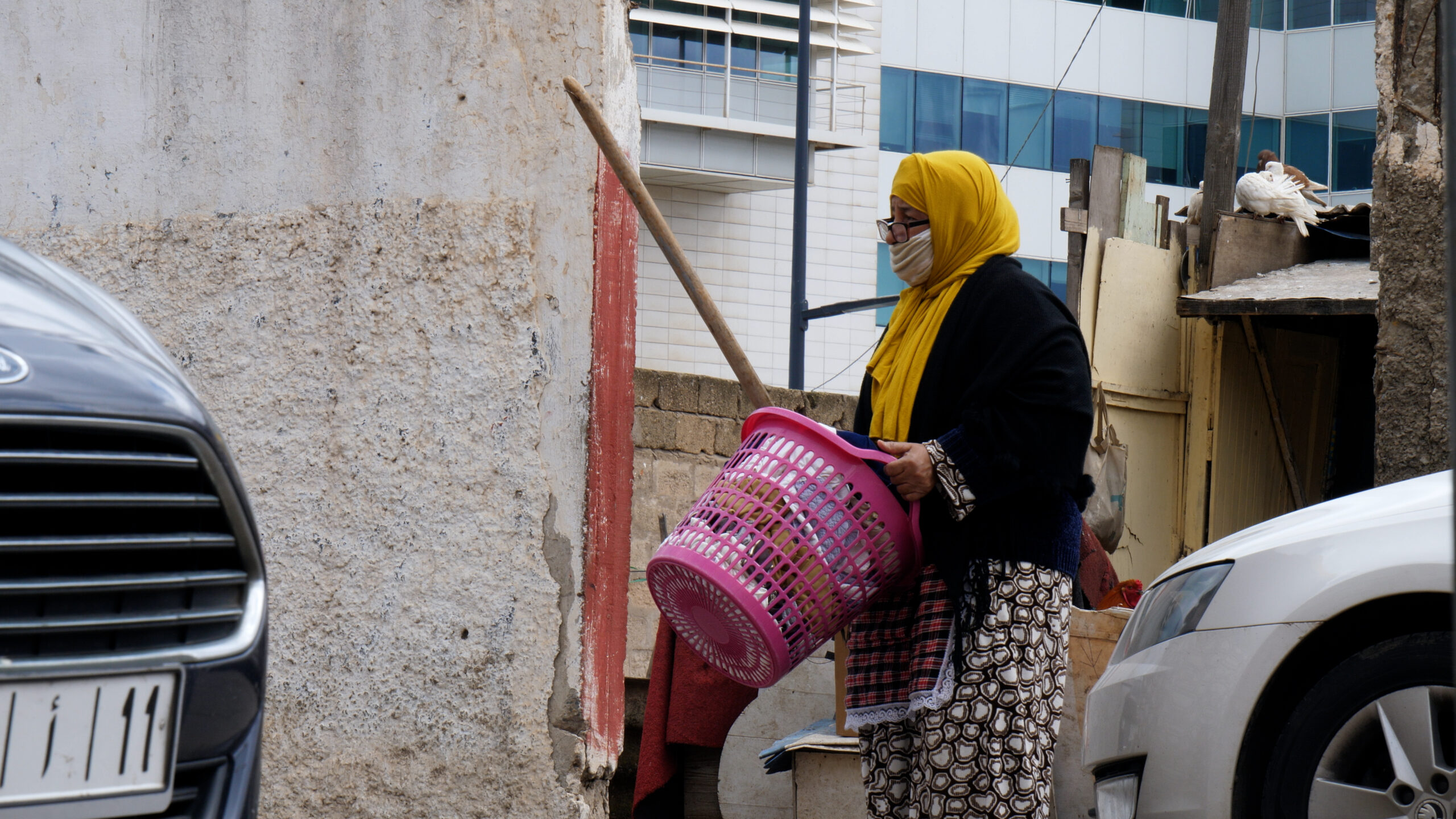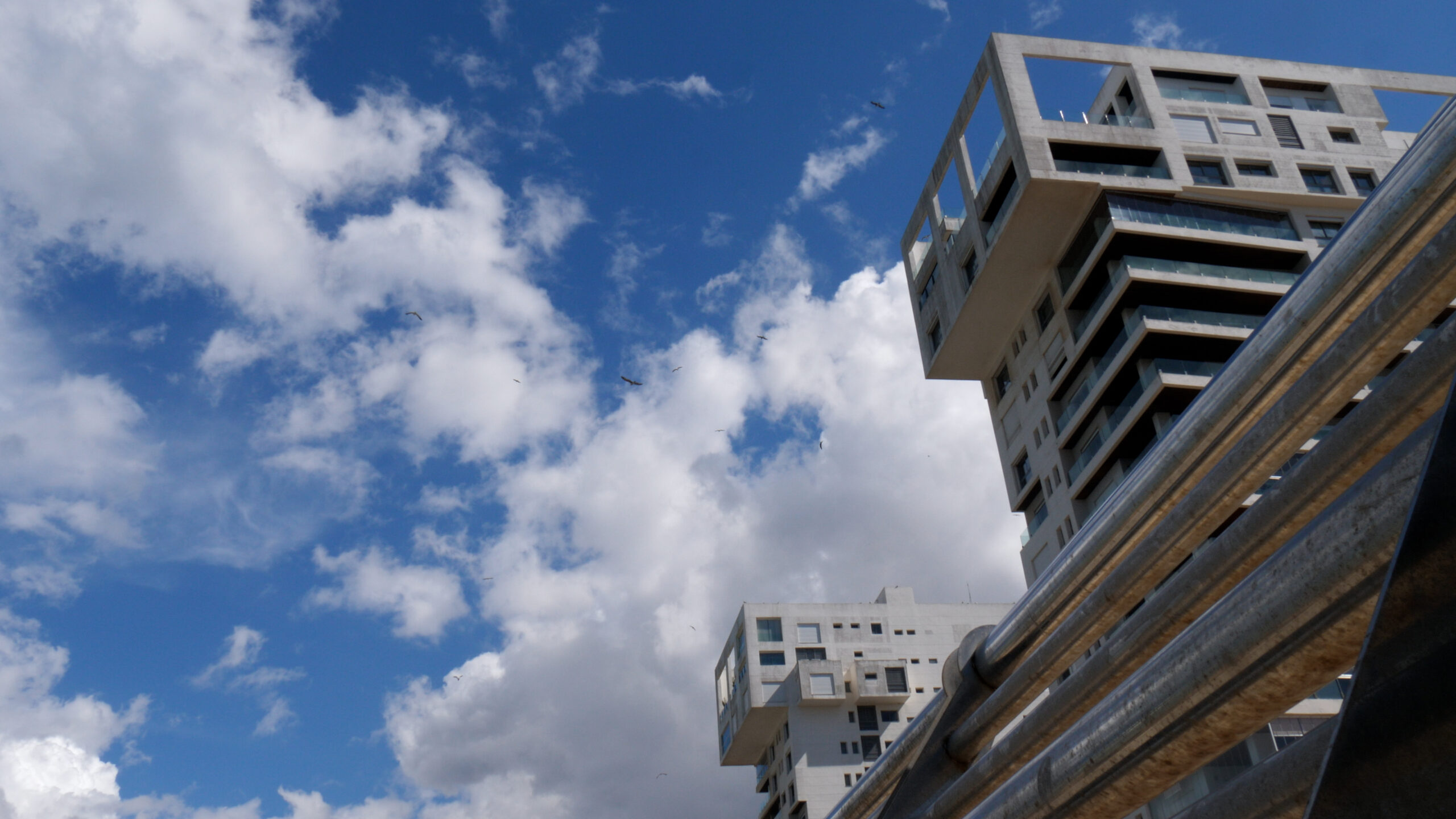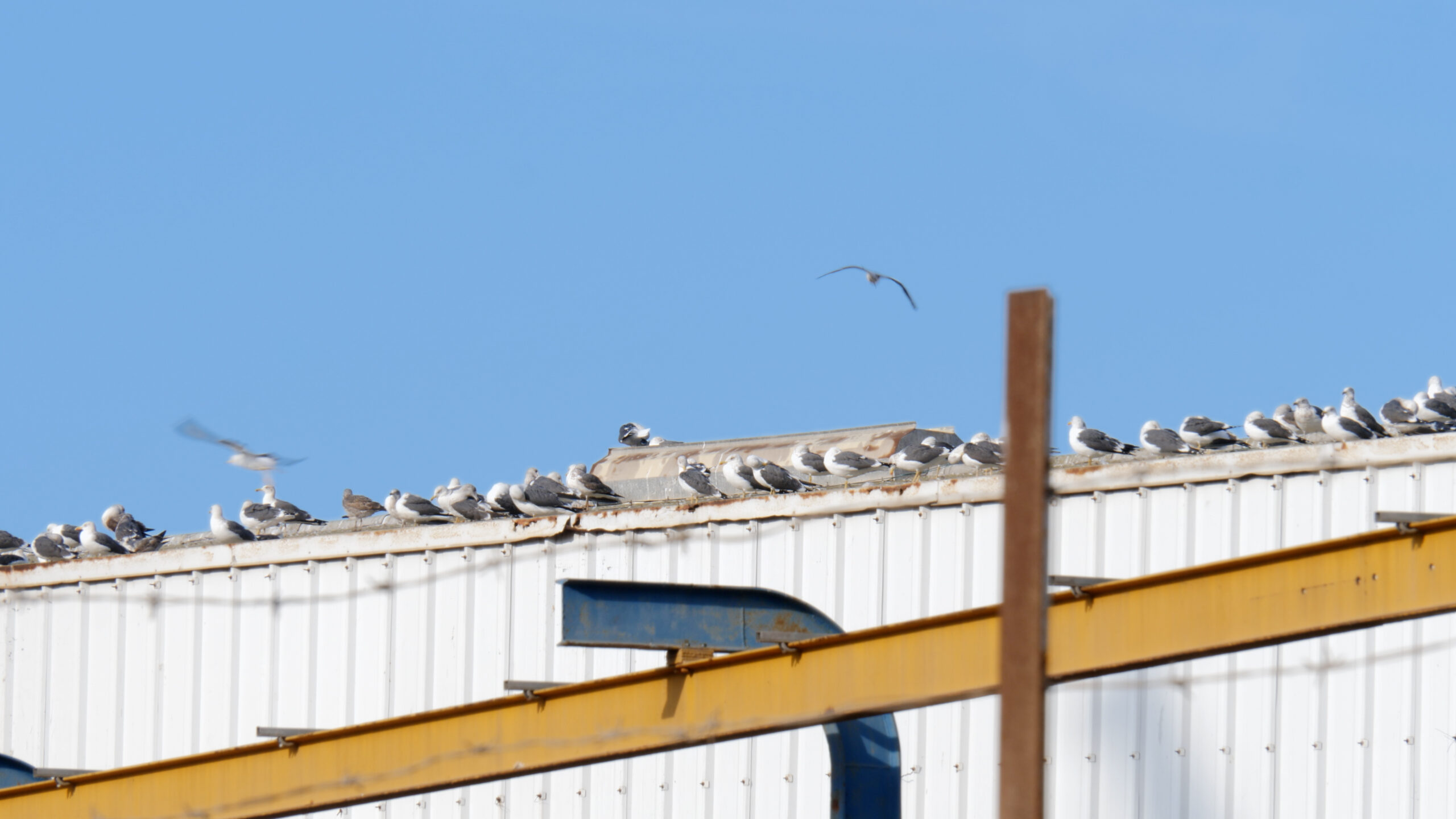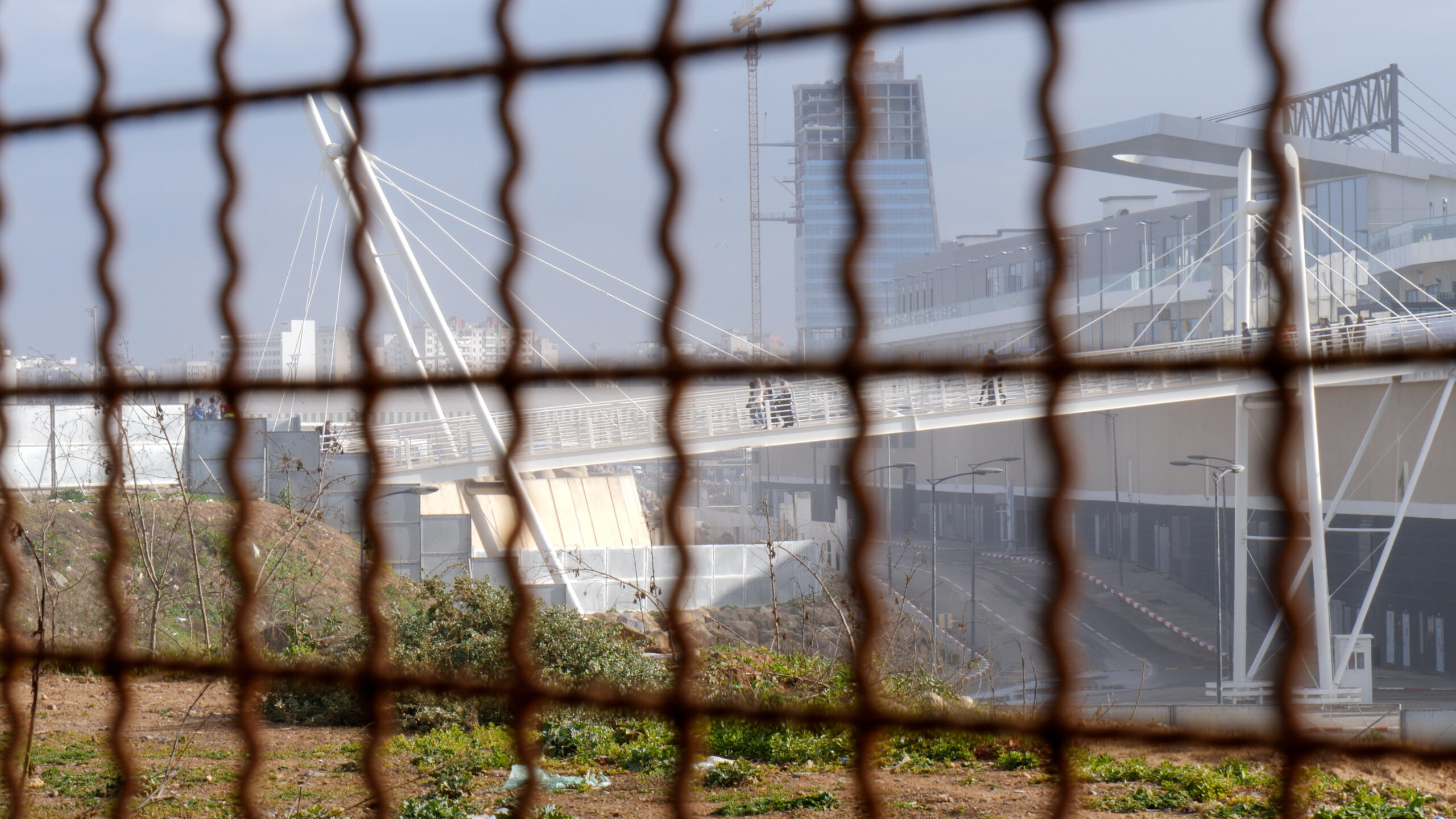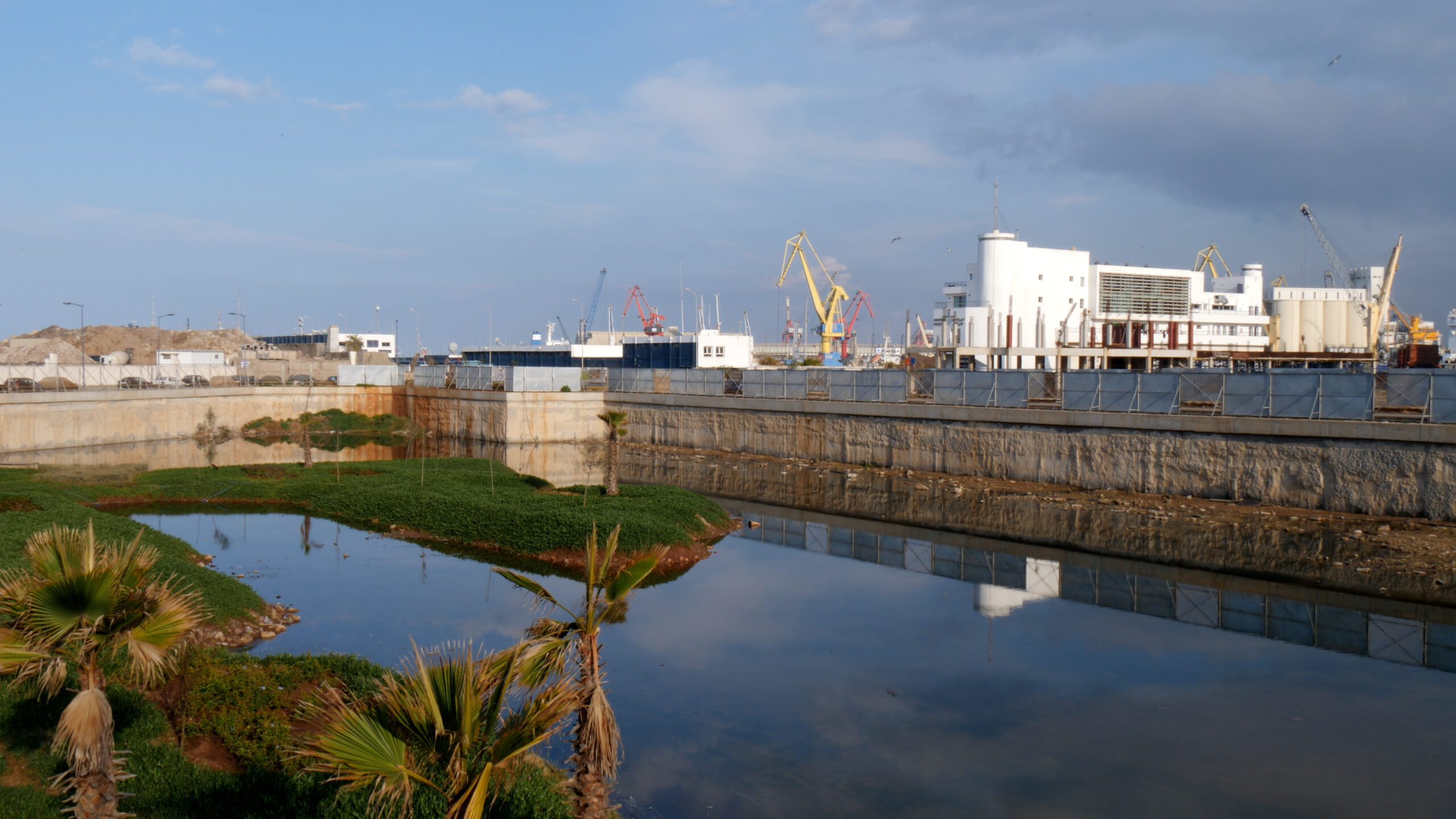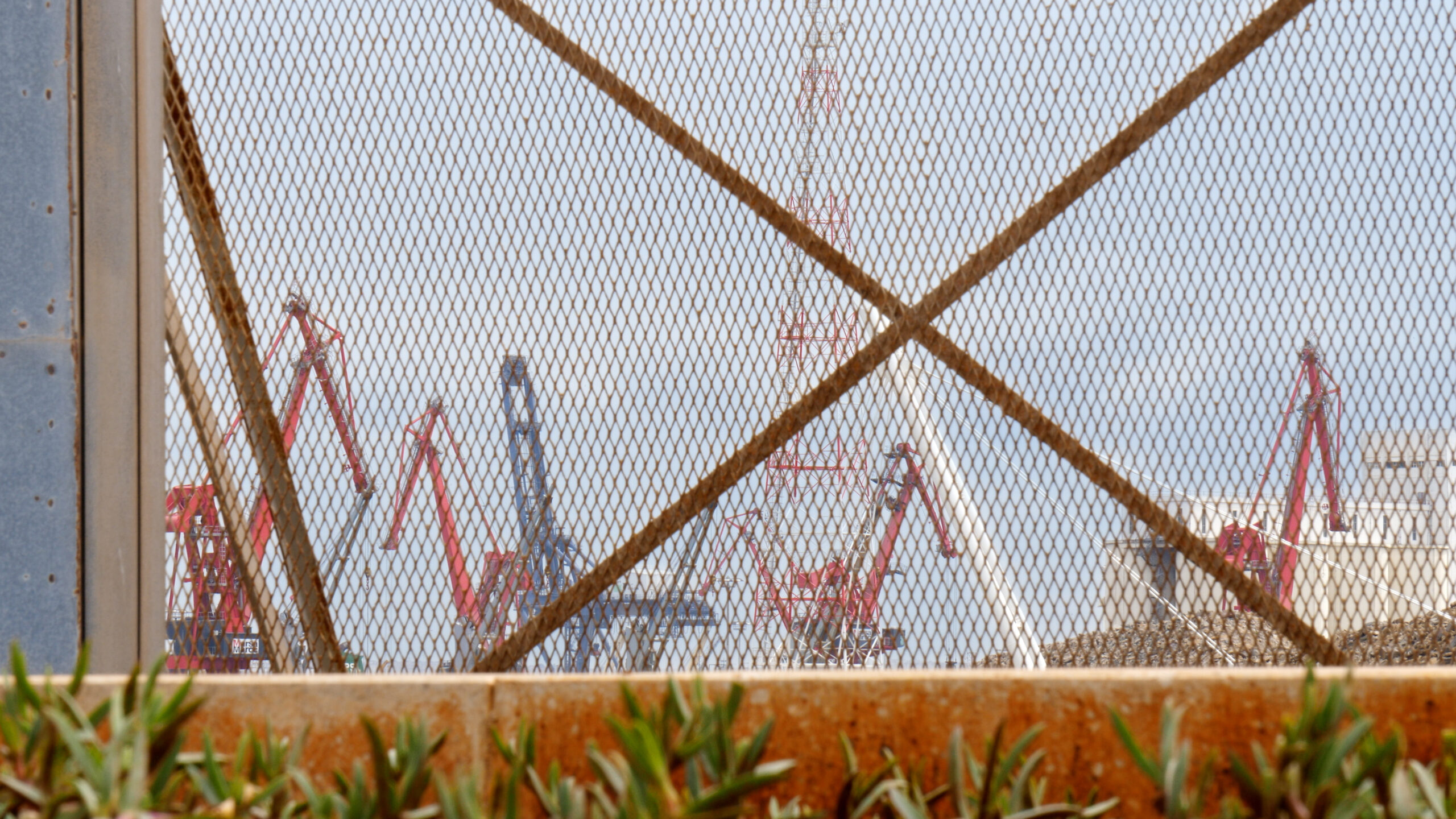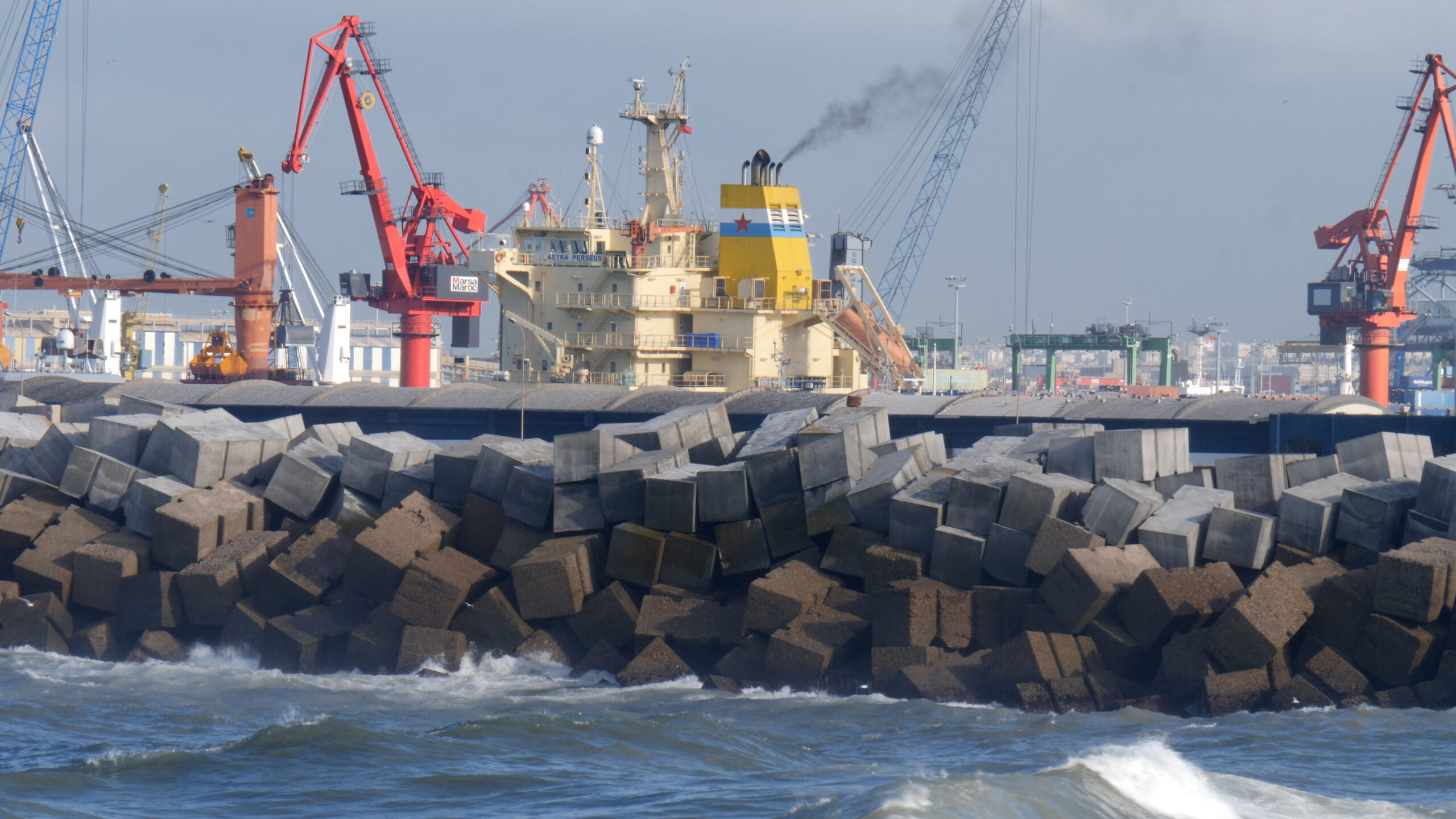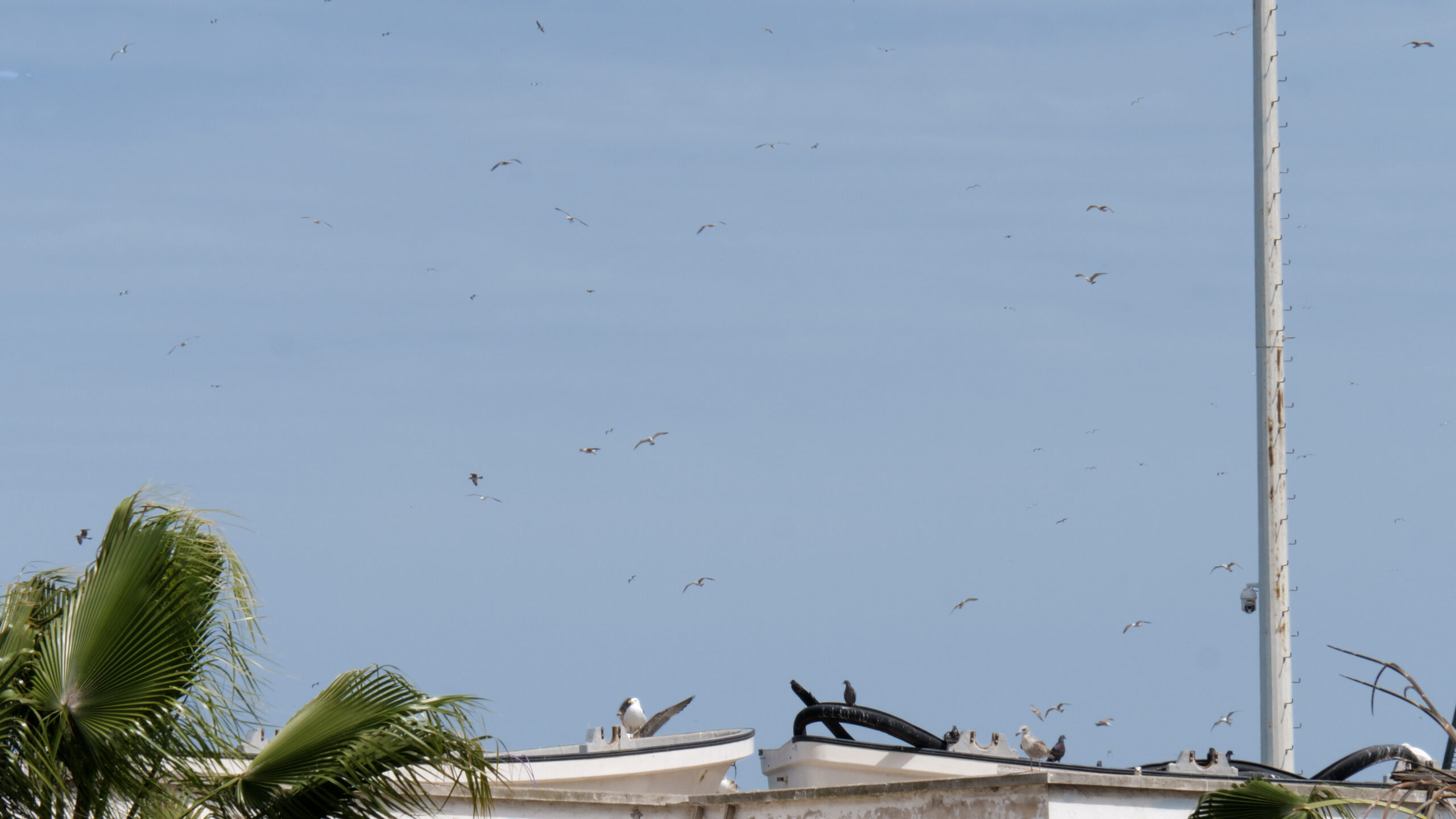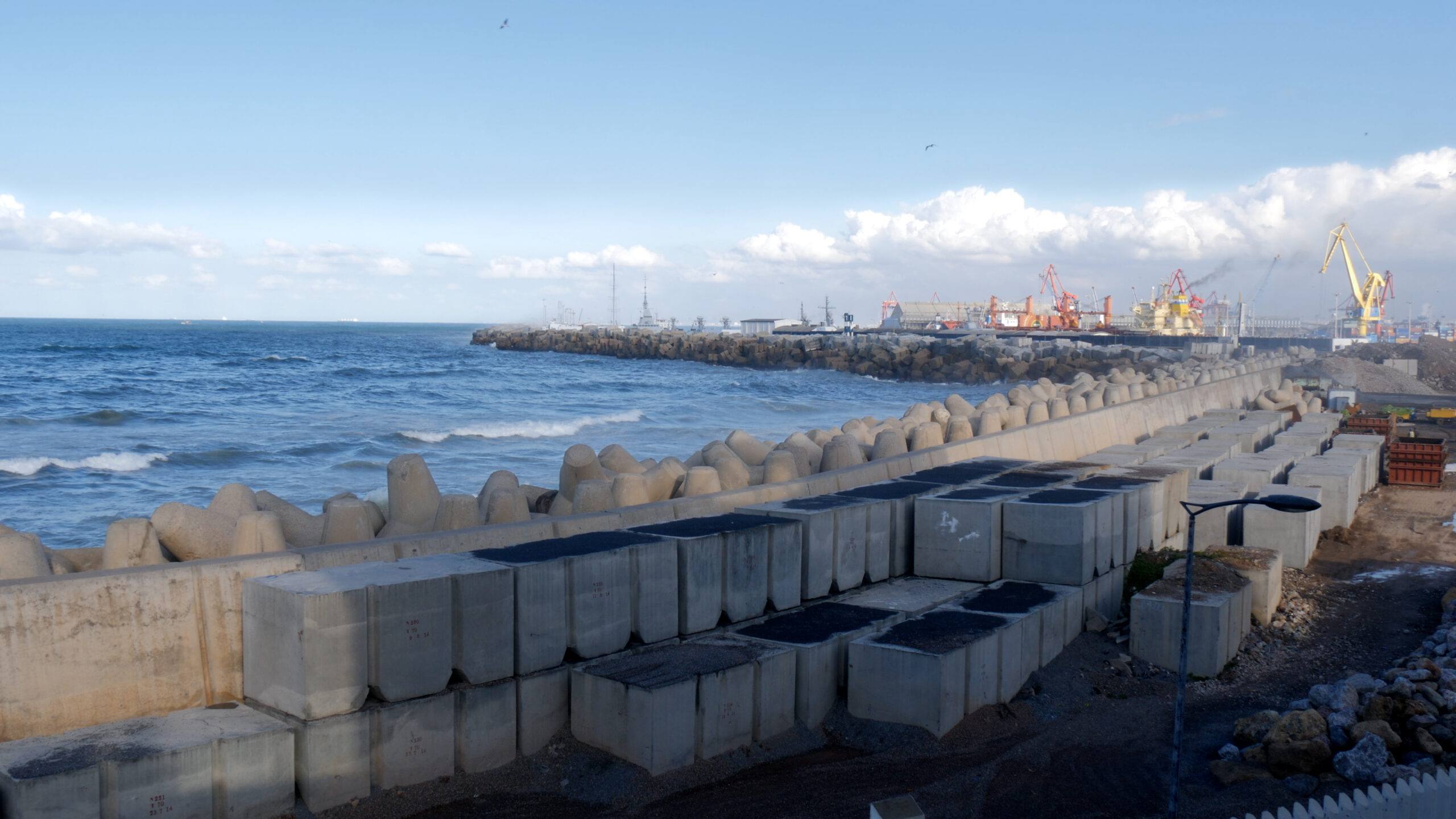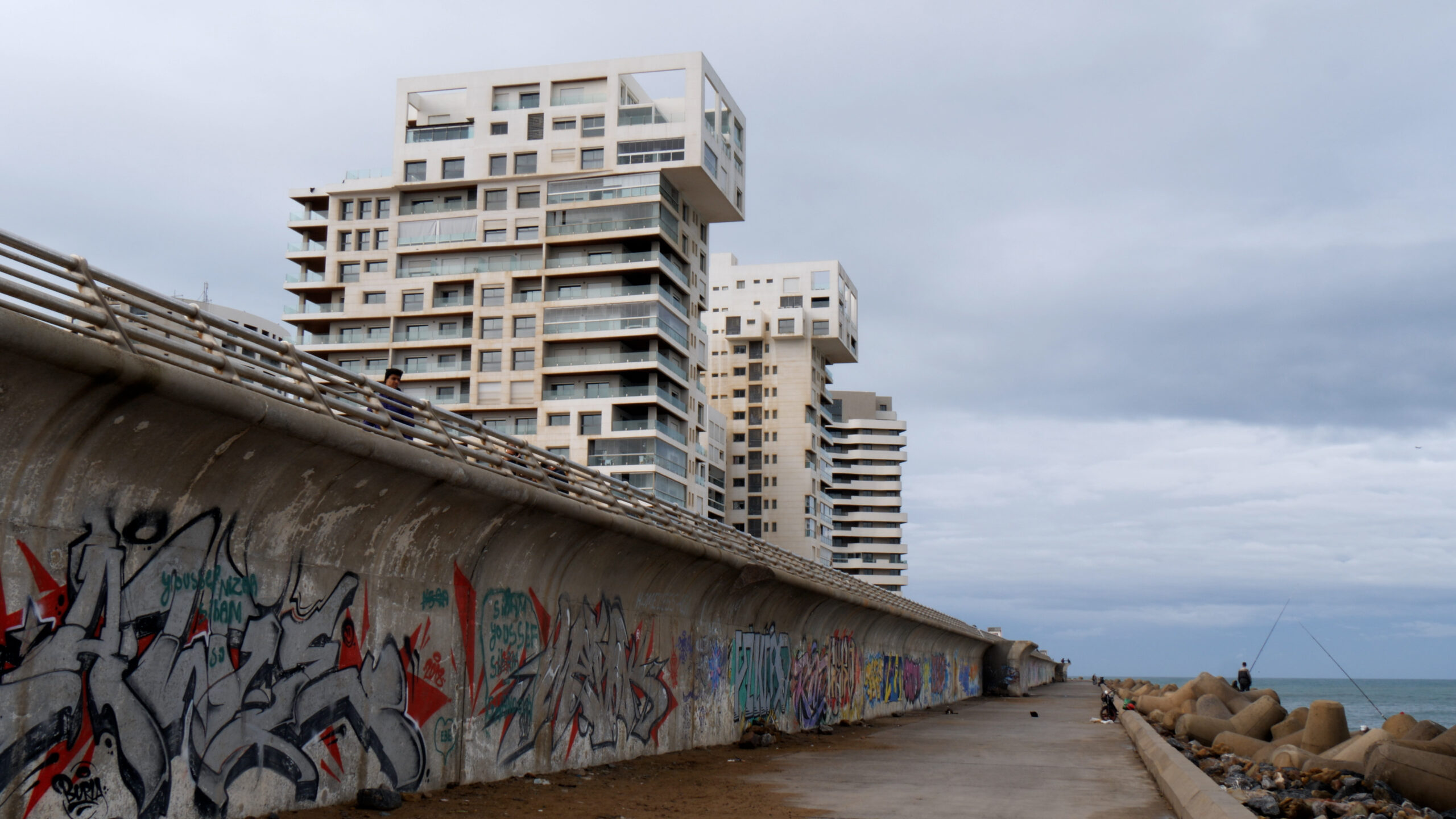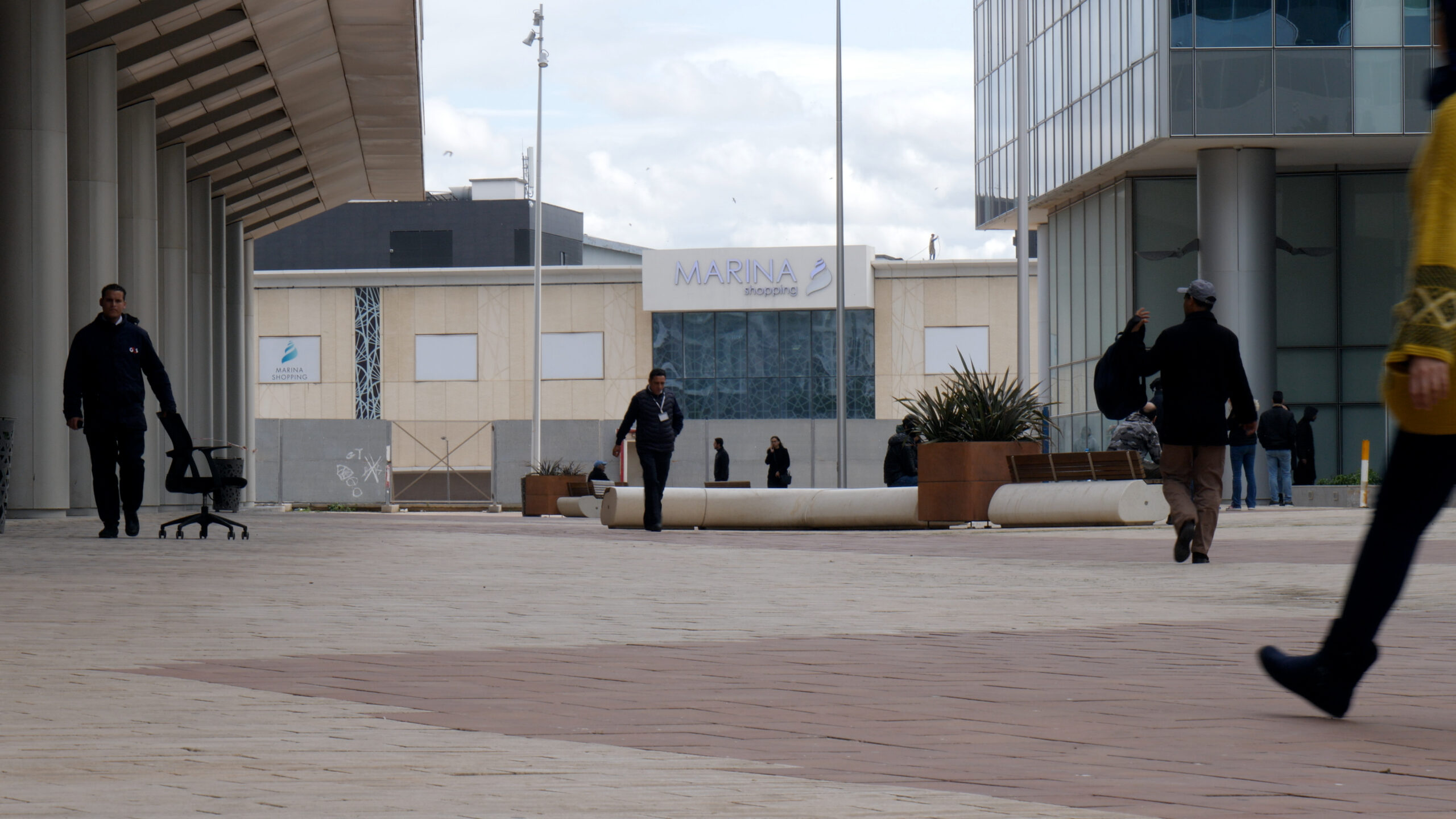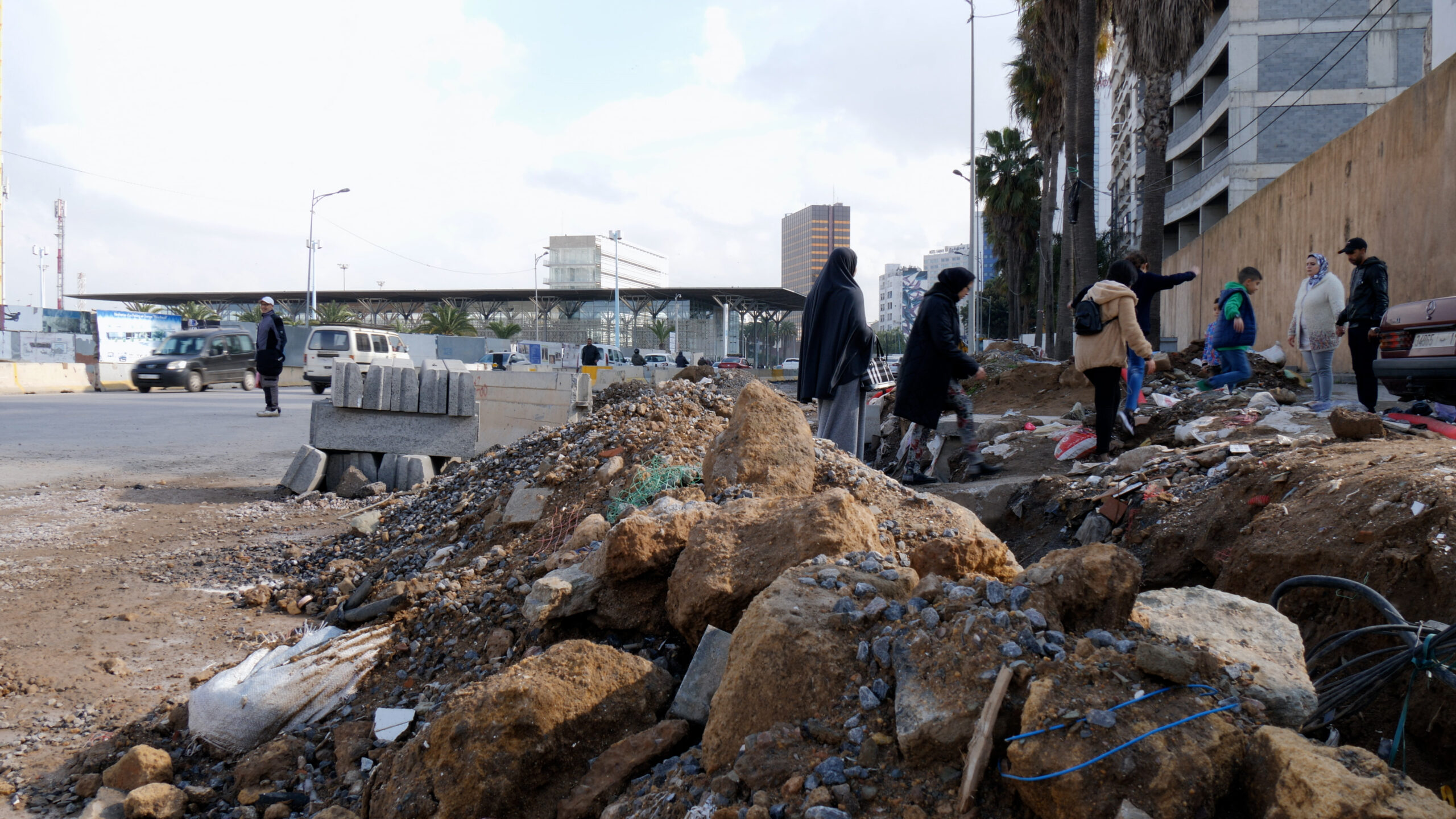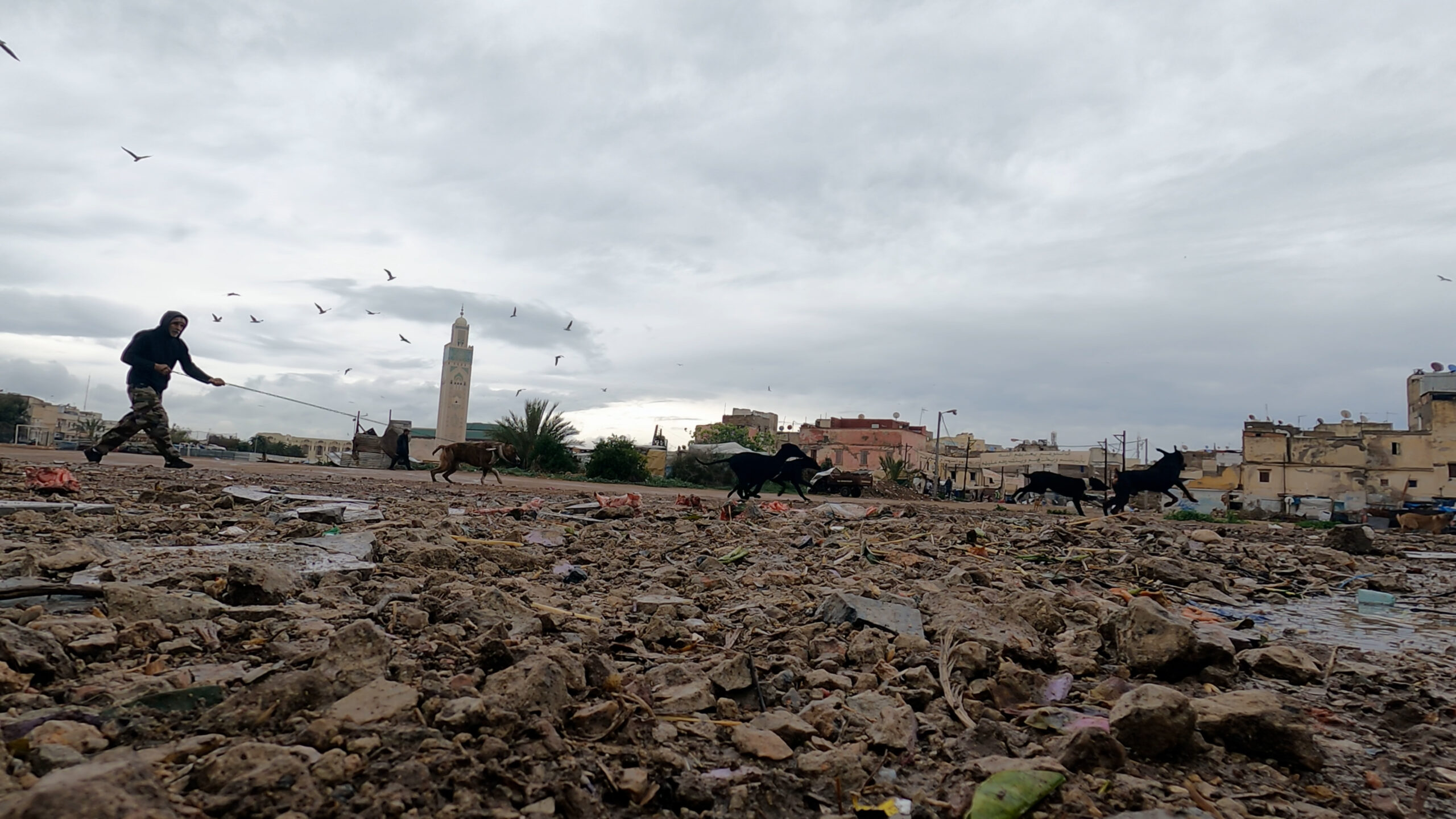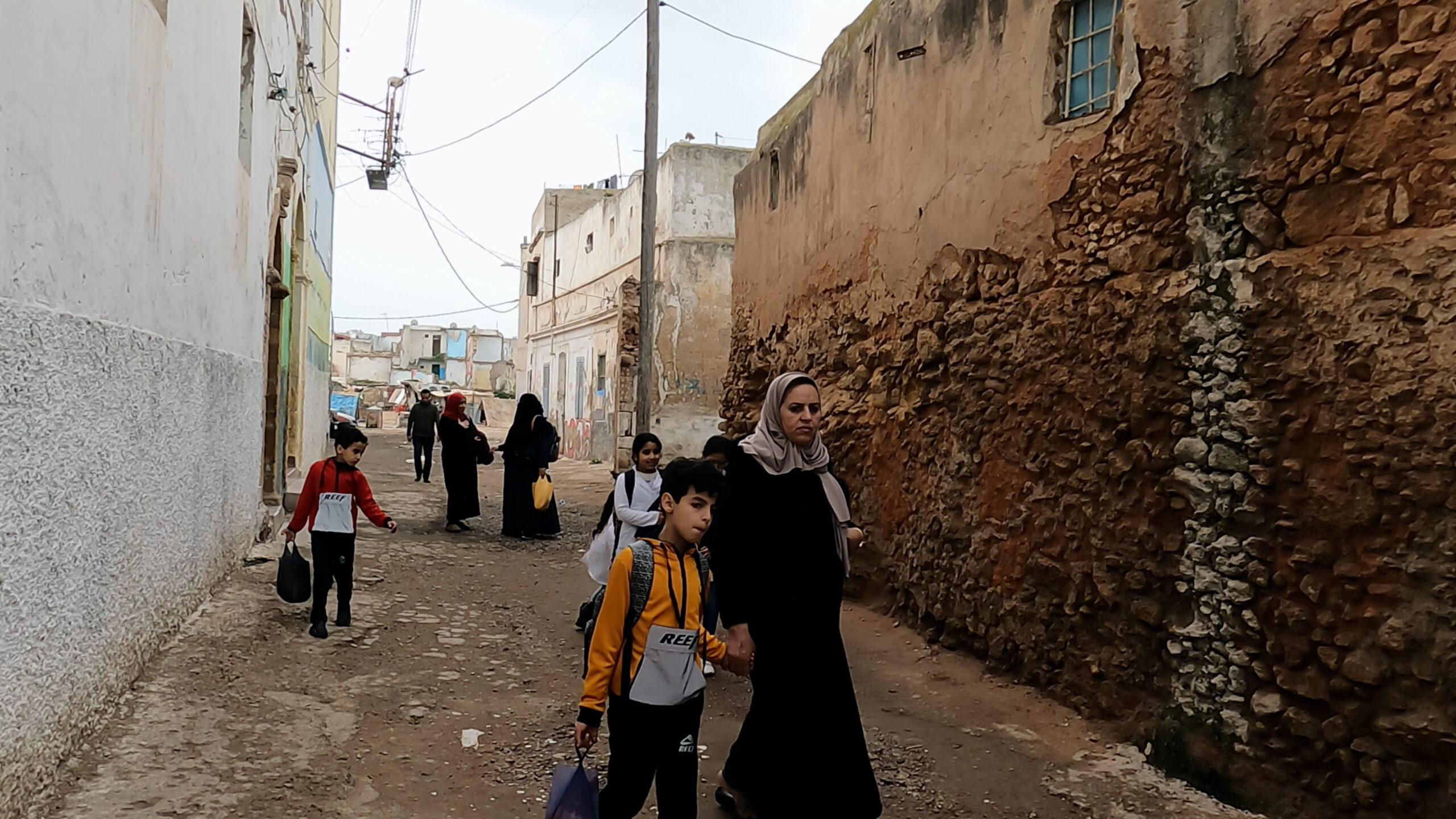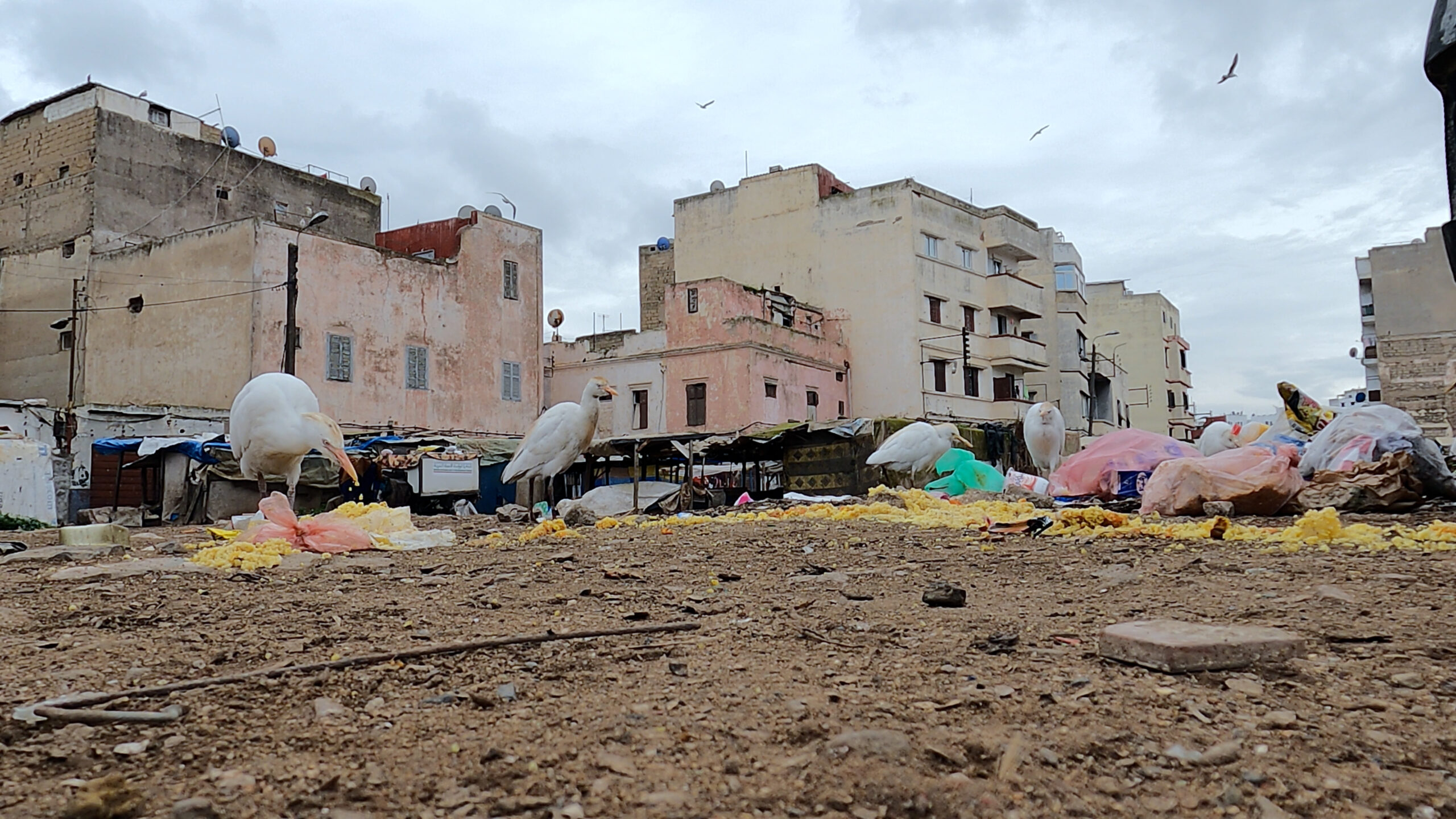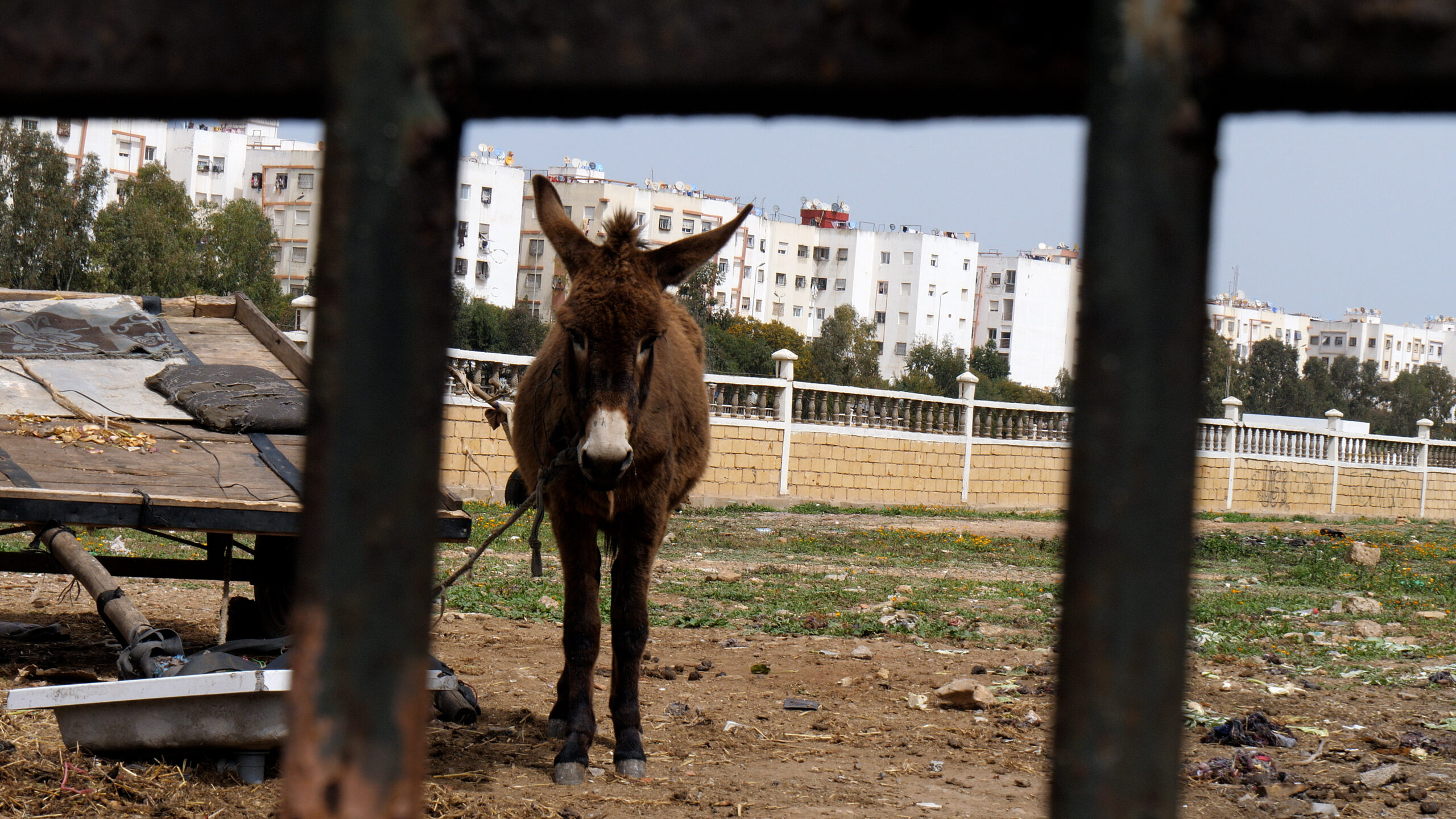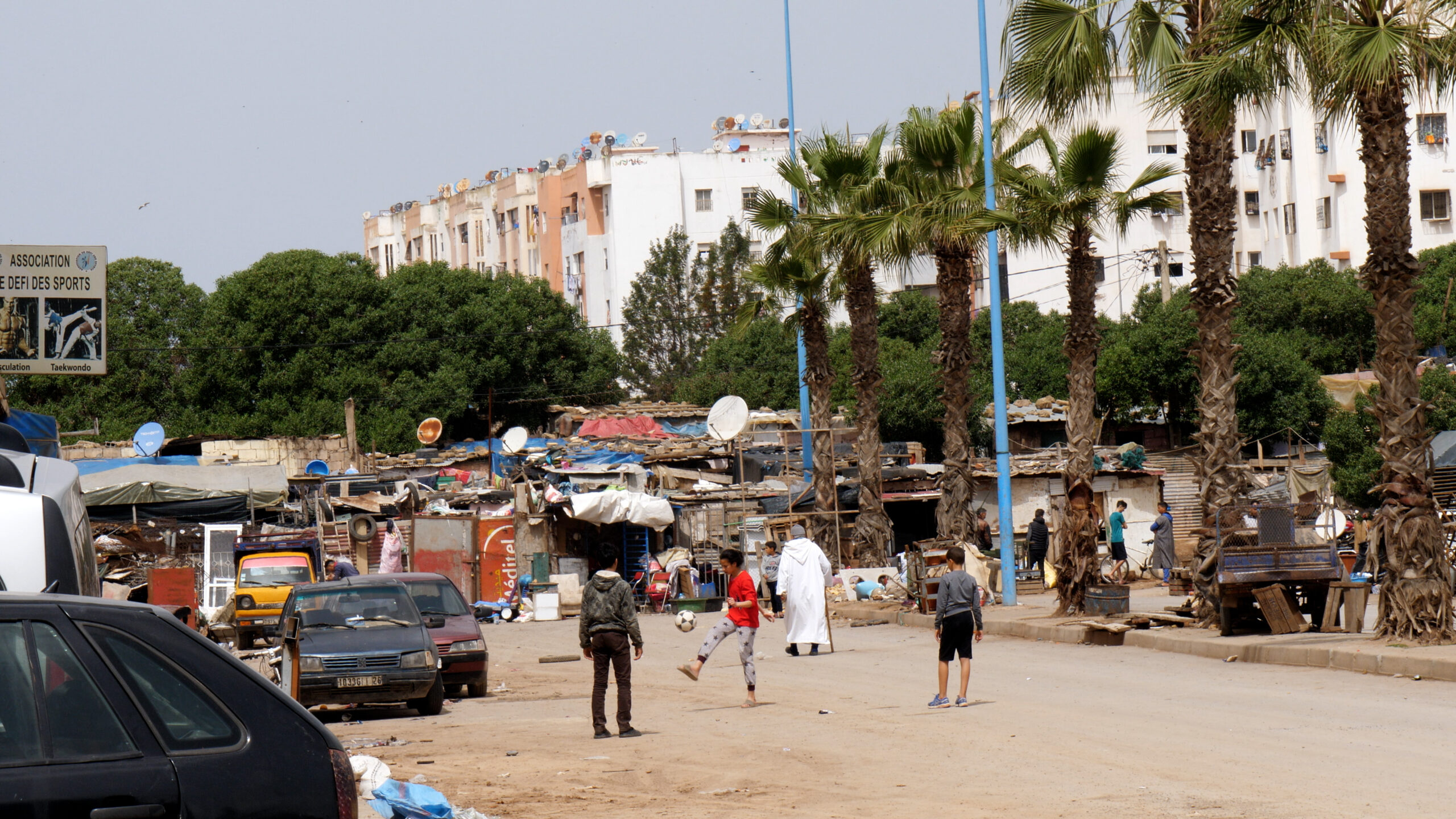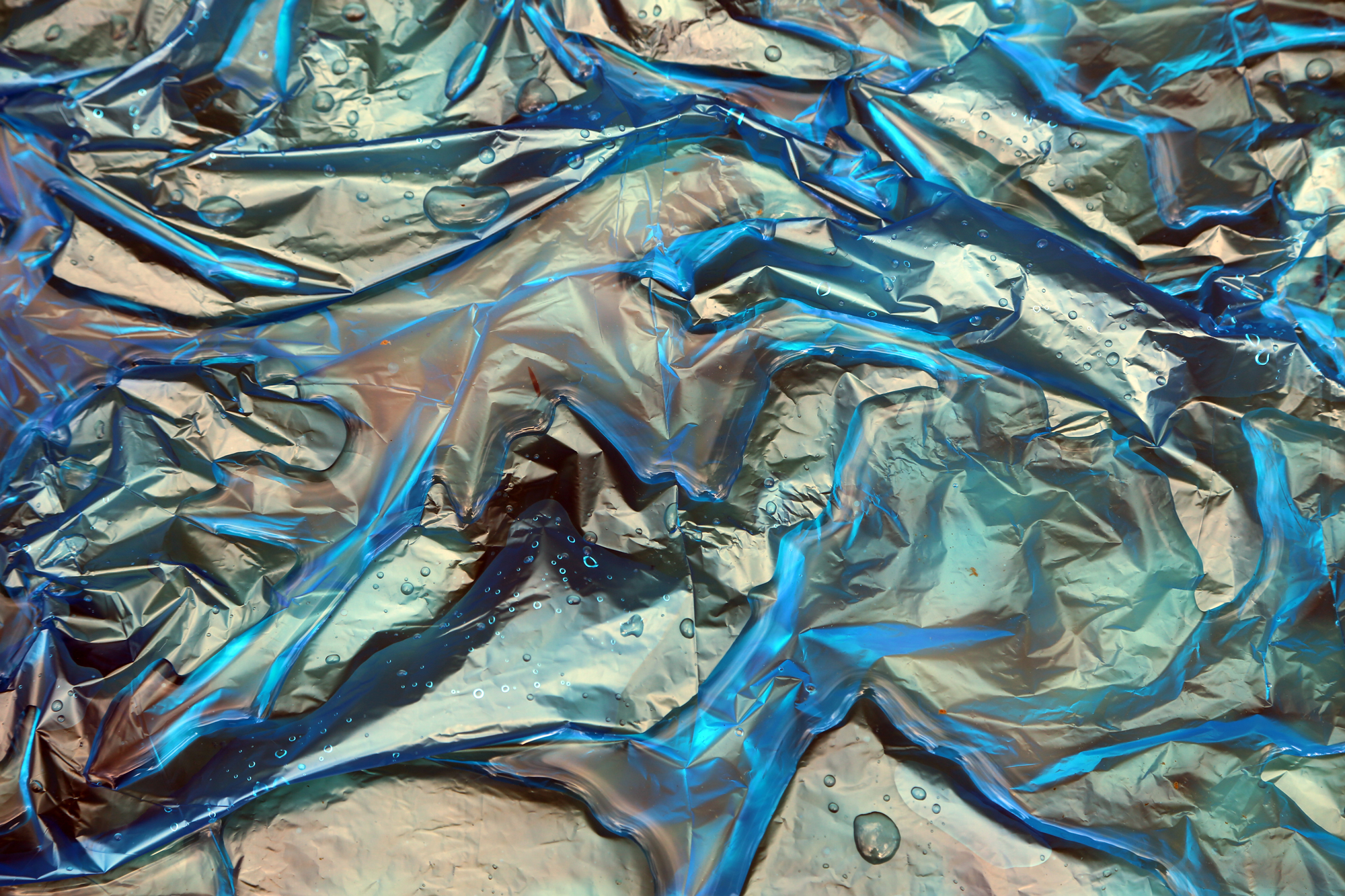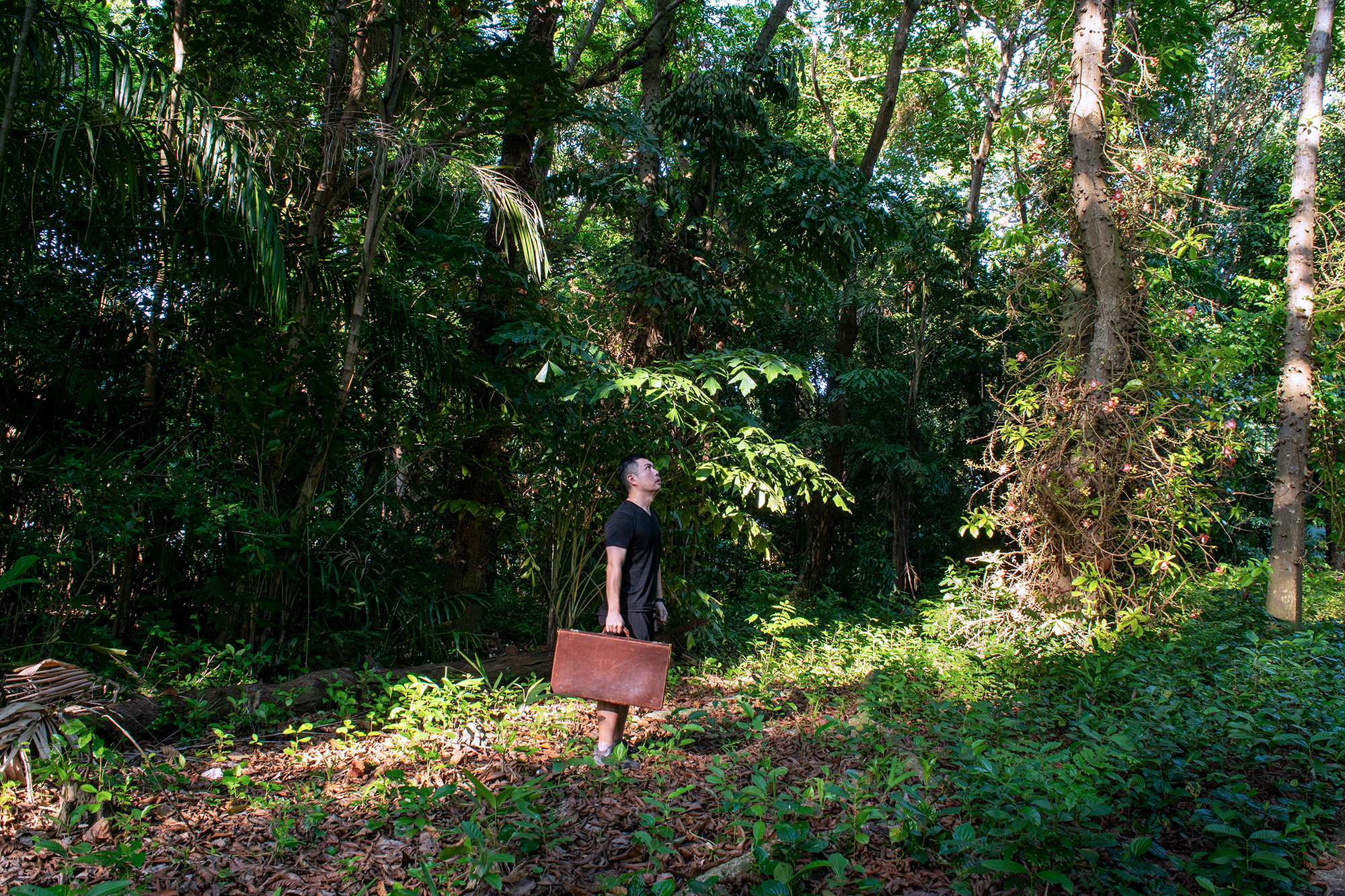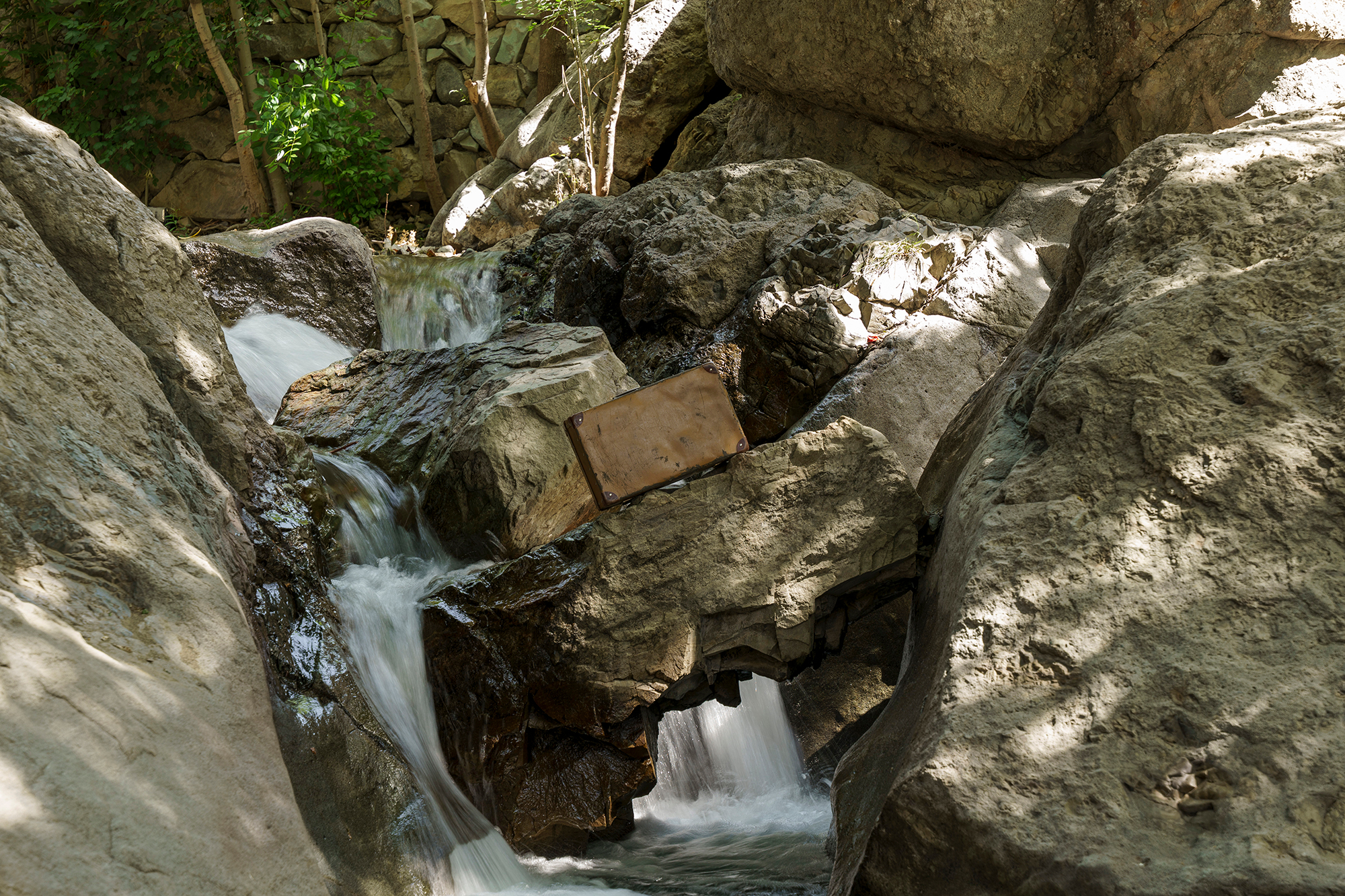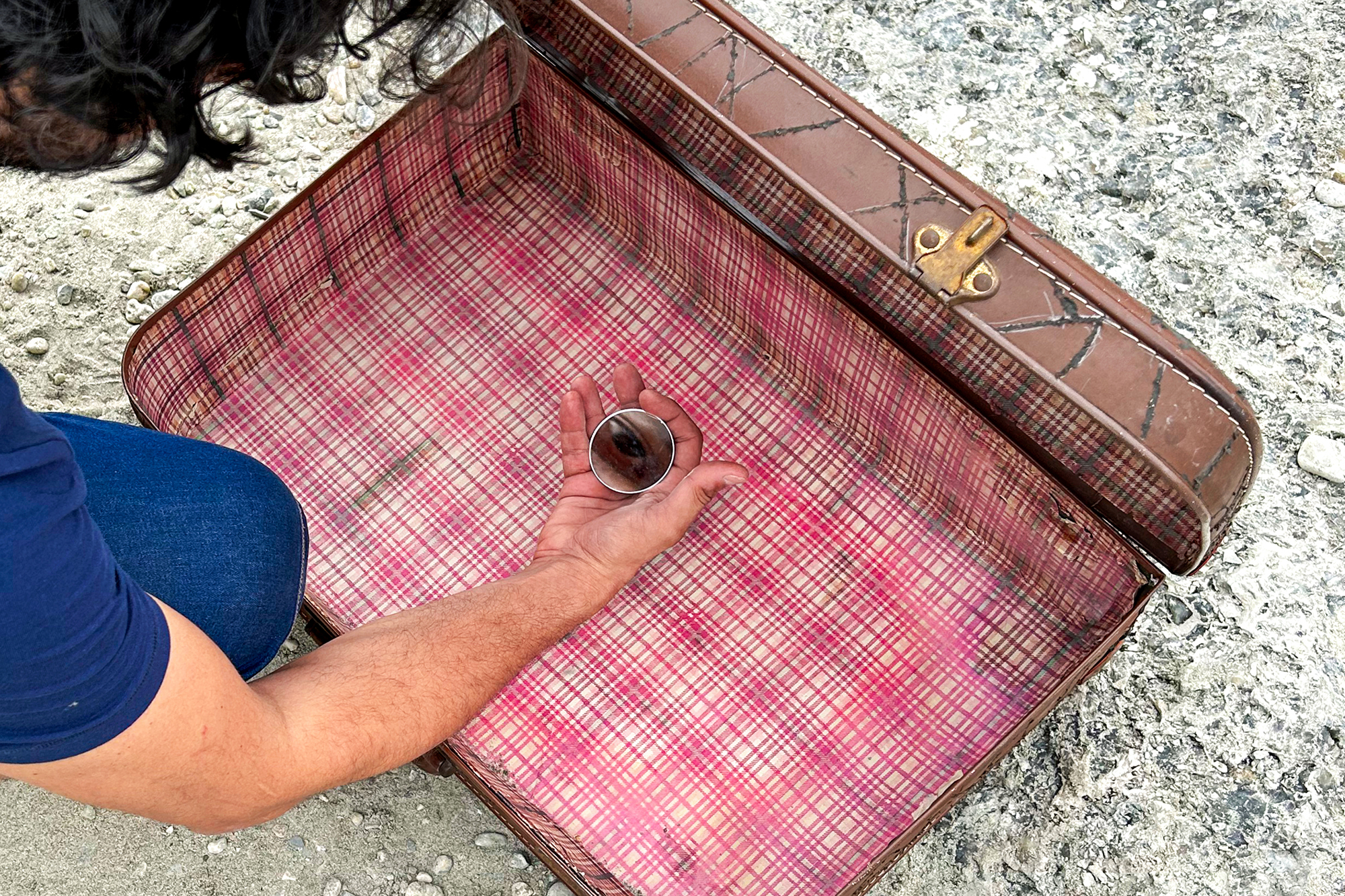— 5 Min Read —
Oliver Ressler, Artist in Residence 2023
— 5 Min Read —
Oliver Ressler, Artist in Residence 2023
“After the Barrage, the Deluge includes an interview I conducted with the investigative journalist Omar Radi in Casablanca in January 2020 – just a few months before he was arrested by Morocco’s authorities and sentenced to six years in prison. According to a 129-page report by Human Rights Watch, Radi’s sentence ‘appears to be politically motivated’ and based ‘on unfair judicial proceedings’. The report describes how Moroccan authorities have created an ‘ecosystem of repression’ to stifle free speech and scare off critics, using practices that increasingly target journalists and dissidents such as Omar Radi with false charges.”
Oliver Ressler
The Museum of Contemporary Cuts (MoCC) in 2023 — as part of “Students as Researchers: Creative Practice and University Education,” a Collateral Event organized by the New York Institute of Technology, School of Architecture and Design, approved by Leslie Lokko, curator of the Venice Architecture Biennale 2023 — is hosting Oliver Ressler as artist in residence from January to December 2023. The artist is one of a group of 12 international artists presenting a mobile exploration of the crisis of water. The curatorial project conceived by Lanfranco Aceti will be a long-term investigation into the elemental crisis of water, earth, wind, and fire. The artists will explore, according to their own personal aesthetic approaches and cultural underpinnings, the elemental crisis of water, its impact, and the consequences of the alterations of its mythologies and poetics. The curatorial brief, titled What If This Were The Case? – The Waters We Are In, is inspired by the meaning of ‘case’: building up a legal case as well as a case being a piece of luggage. The international sharing of knowledge, understanding, and interpretations of the current crises are paramount to resuscitate old mythologies and cultural postulates — or to develop new ones — truly inspired by communal structures of surviving, living, and possibly even thriving.
Artist’s Bio
Oliver Ressler is an artist and filmmaker who produces installations, projects in public space, and films on issues such as economics, democracy, migration, the climate crisis, forms of resistance and social alternatives.
Ressler has had 90 solo exhibitions, including at Berkeley Art Museum, USA; Museum of Contemporary Art, Belgrade; Alexandria Contemporary Arts Forum, Egypt; The Cube Project Space, Taipei; Kunsthaus Graz, Graz and comprehensive solo exhibitions at Lentos Kunstmuseum, Linz; Centro Andaluz de Arte Contemporaneo – CAAC, Seville; SALT Galata, Istanbul; and MNAC – National Museum of Contemporary Art, Bucharest.
Ressler has participated in more than 400 group exhibitions, including Museo Reina Sofía, Madrid; Centre Pompidou, Paris; and the biennials in Prague (2005), Seville (2006), Moscow (2007), Taipei (2008), Lyon (2009), Gyumri (2012), Venice (2013), Athens (2013, 2015), Quebec (2014), Jeju (2017), Kyiv (2017), Gothenburg (2019) and Stavanger (2019), and at Documenta 14, Kassel, 2017 (exhibition organized by EMST).
Ressler has completed forty-two films that have been screened at thousands of events including social movements, art institutions, and film festivals. In 2002, Ressler won the first prize at the International Media Art Award of the ZKM in Karlsruhe and the Prix Thun for Art and Ethics Award in 2016.
For the Taipei Biennial 2008, Ressler curated an exhibition on the counter-globalization movement, A World Where Many Worlds Fit. A travelling show on the financial crisis, It’s the Political Economy, Stupid, co-curated with Gregory Sholette, has been presented at nine venues (2011–2016).
From 2019–2023 Ressler has worked on Barricading the Ice Sheets, a research project on the climate justice movement funded by the Austrian Science Fund. Configurations of the project are solo exhibitions at Camera Austria, Graz; Museum of Contemporary Art Zagreb; Neuer Berliner Kunstverein (n.b.k.), Berlin; Tallinn Art Hall, Tallinn; LABoral Centro de Arte y Creación Industrial, Gijón; The Showroom, London.
Works of Art
Artist’s Video
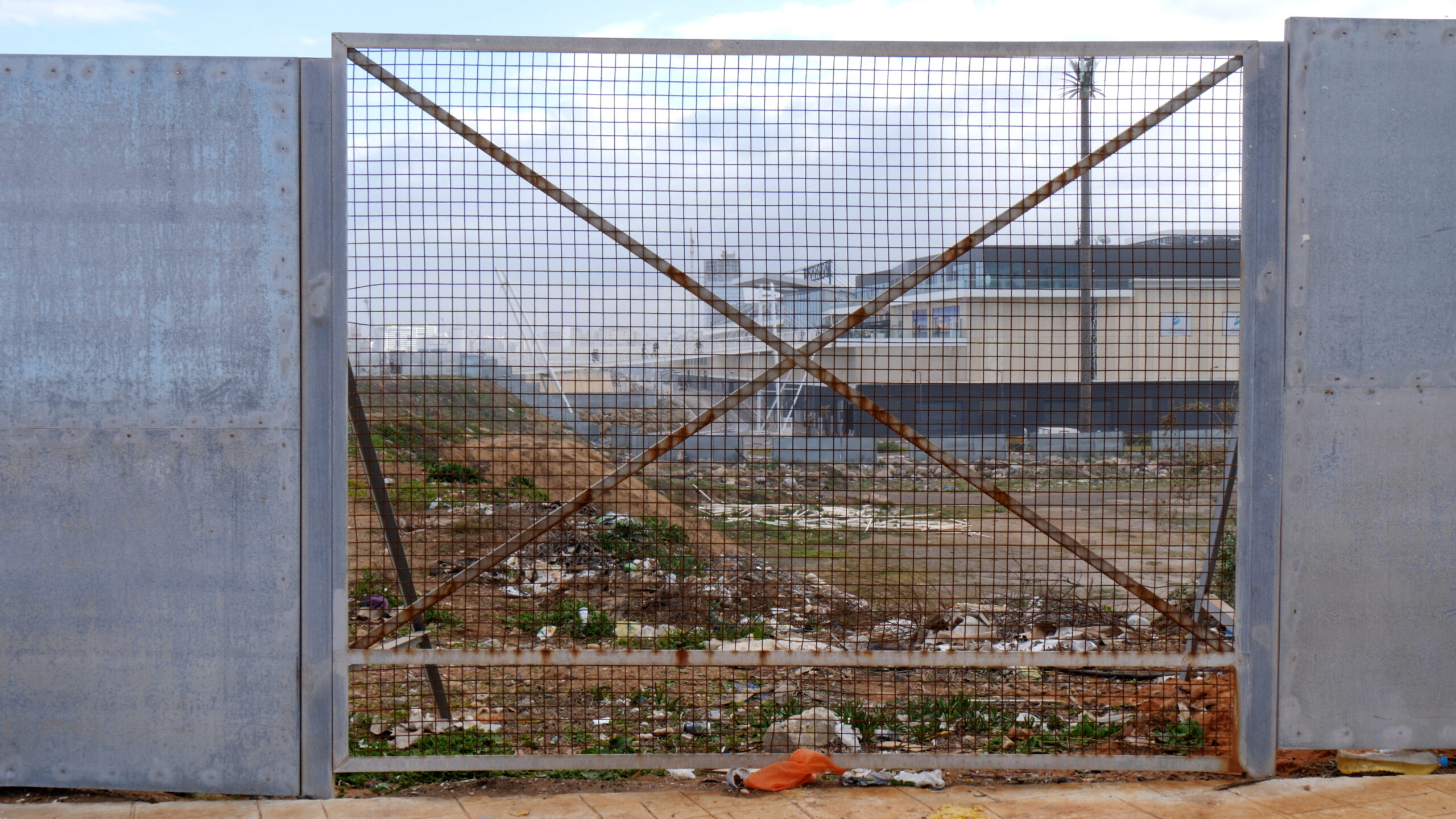
Artist’s Statement
After the Barrage, the Deluge — a film by Oliver Ressler (4K, 28 min, AT/CH/MA 2022) — discusses two areas in Casablanca where major infrastructure projects have caused social upheaval on a huge scale.
The first of these projects is now almost complete: directly in front of the Medina – the old city with its narrow streets and small shops – a massive kilometer-long seawall was built, cutting inhabitants off from the sea. A new urban panorama of concrete and glass was then built on top of the seawall, dominated by the shopping mall Casablanca Marina.
The beach from which locals once fished has disappeared entirely, replaced by a wall of concrete. The enclosure of the seashore means even the view of the sea has come to be controlled and confined by private capital.
The second urban development scheme is located within sight of the Hassan 2 Mosque, Africa’s largest mosque since its completion in 1993. The neighborhood chosen for Projet de D’Avenue Royale consists of low-income and collapsed houses, some in the process of demolition. In the midst of the debris, evicted residents live in tents and self-built shanties without running water or electricity. Many of these people can’t afford or don’t want to move to the outskirts of this city of 4 million inhabitants, far from their informal jobs and local survival networks. The outcome of their ongoing struggles will reveal whether the government was indeed able to impose yet another capital-friendly international showcase, reproducing a wider geography of inequality.
Both megaprojects express the same logic: urban space is reshaped by the logic of the market, not by the needs of residents. Since Morocco cannot rely on abundant natural resources, major cities are converted into growth engines of the national economy. The city itself becomes a site of extraction and driver of profit.
Rather than the spectacular visual showpieces of an open, globalized, and market-friendly Morocco, the megaprojects should be seen for what they are: instances of an authoritarian transformation that re-institutionalizes, reassembles, and redeploys state power.
“After the Barrage, the Deluge” (Après le barrage, le déluge) insists on the potential of opposition, taking the wrecker-king Louis XV (“Après moi, le deluge”) at his word. A wall built to repel the sea and expel the poor – a barrage in the double sense of onslaught and barricade – can always be overwhelmed by the flood-tides of social struggle.
Director and producer: Oliver Ressler
Speakers (in the order of appearance): Resident Avenue Royale 1, Samba Soumbounou, Omar Radi, Rita Quassar, Ghassan Wail, Fatim Zahra Benhamza, Resident Avenue Royale 2, Resident Avenue Royale 3, Hicham Houdaïfa, Omar Radi
Cinematography, audio recording: Oliver Ressler
Editing: Janina Herhoffer, Oliver Ressler
Color correction: Rudolf Gottsberger
Sound and sound design: Vinzenz Schwab
Title design: Nils Olger
Translations: Imad Dahmani, Sabrina Kamili, Selma Naguib, Abdeslam Ziou Ziou
The project was commissioned by 5th Biennale Internationale de Casablanca, curated by Christine Eyene, and received support from Phileas: The Austrian Office for Contemporary Art; BMKOES: The Austrian Ministry of the Arts, Culture, the Civil Service and Sport; and Gwärtler Stiftung.
Special thanks to Christine Eyene for supporting the project in all its stages.
Furthermore, I would like to thank Soukaina Aboulaoula, Yto Barrada, Fatim Zahra Benhamza, Koenraad Bogaert, Matthew Hyland, Hasna Jabir, Sabrina Kamili, Lisbeth Kovačič, Aline Lenzhofer, Selma Naguib, Abdeslam Ziou Ziou.
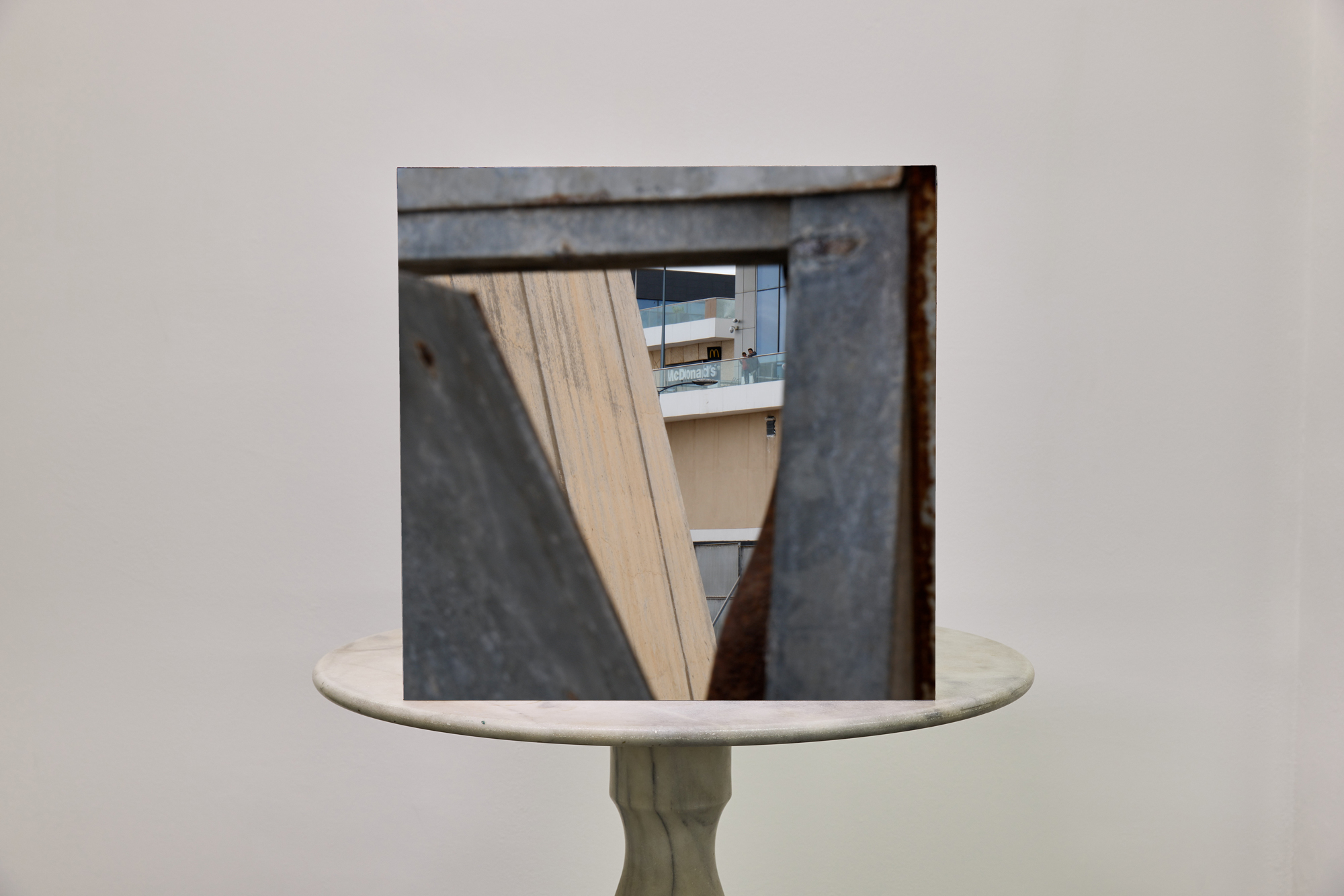
We will process the personal data you have supplied in accordance with our privacy policy.

